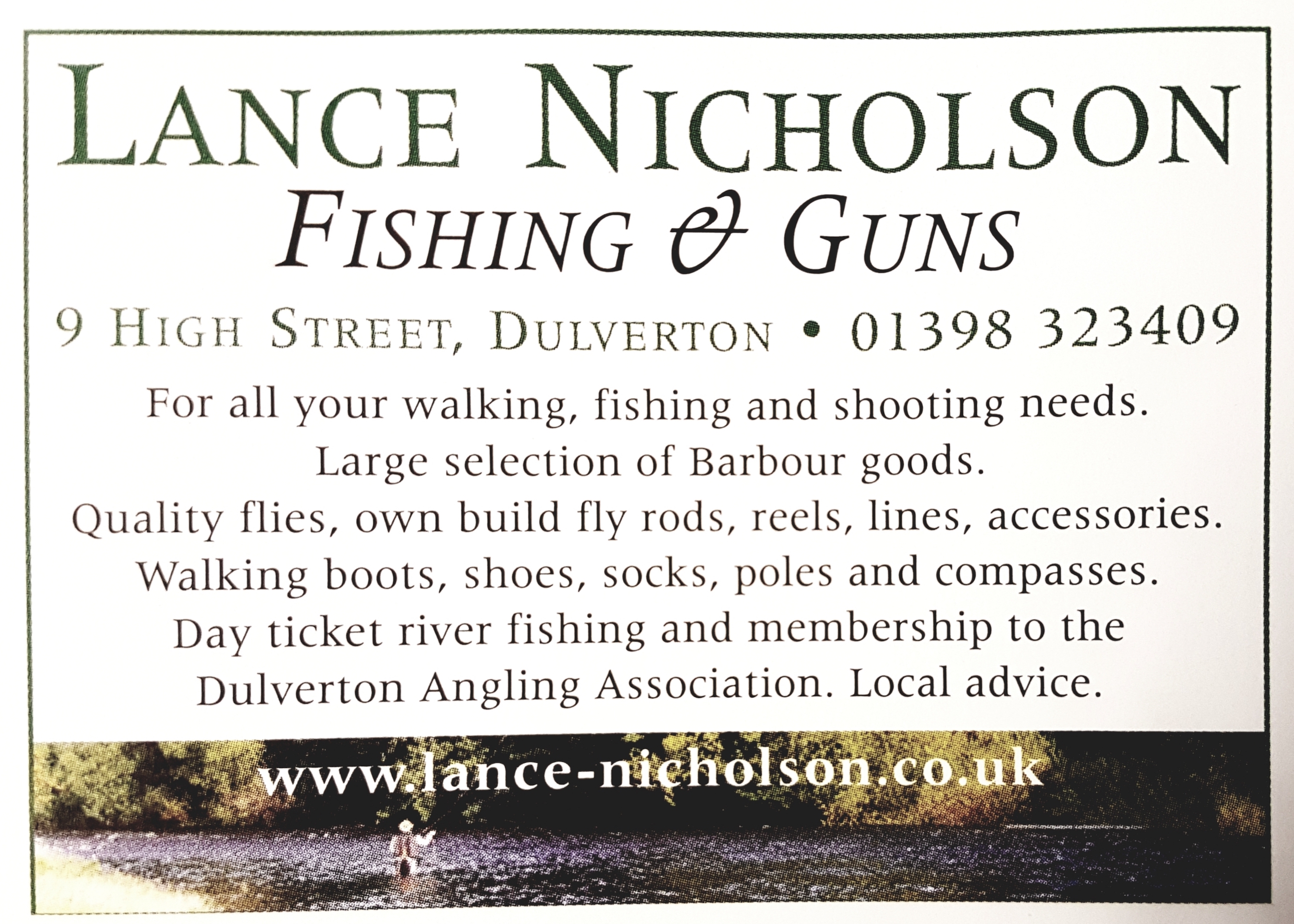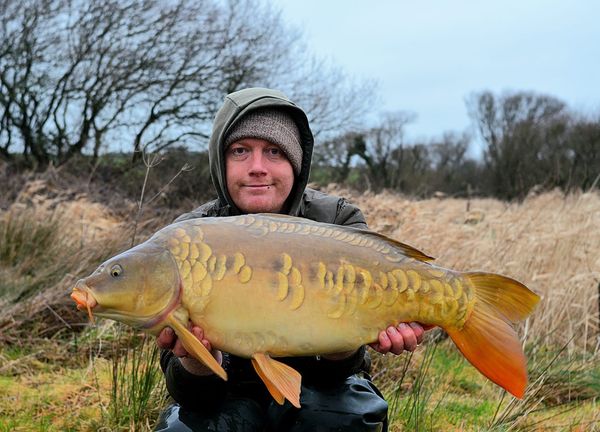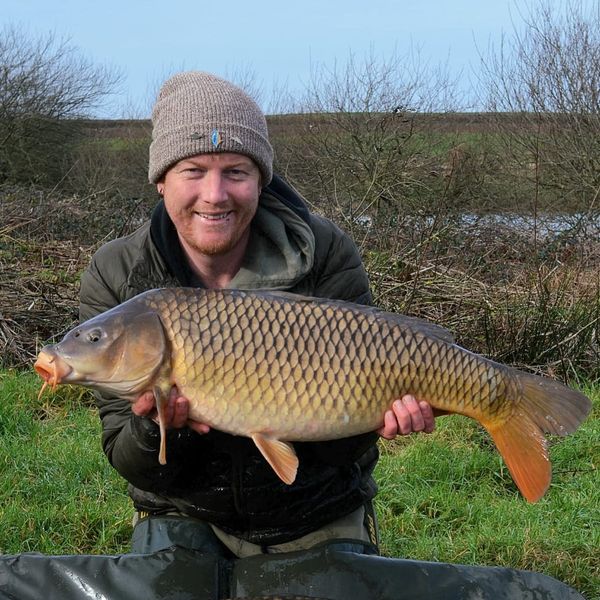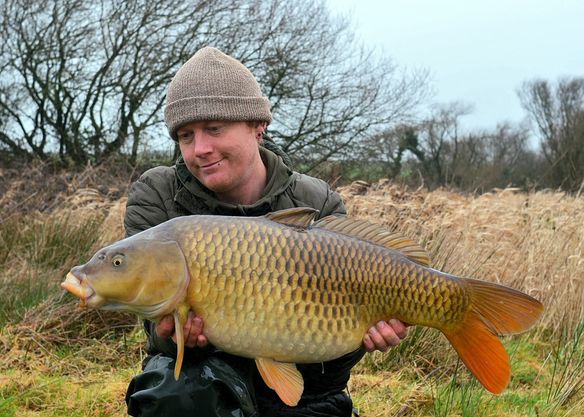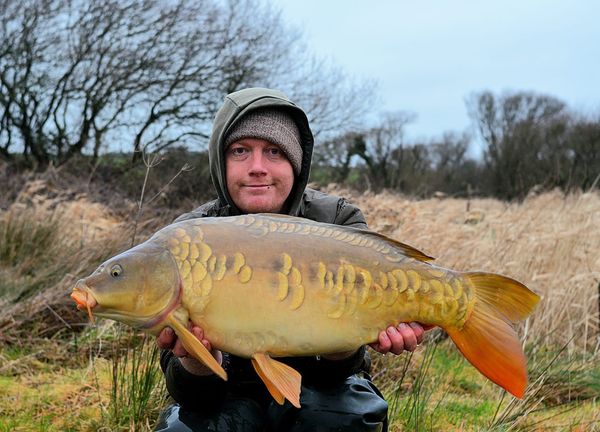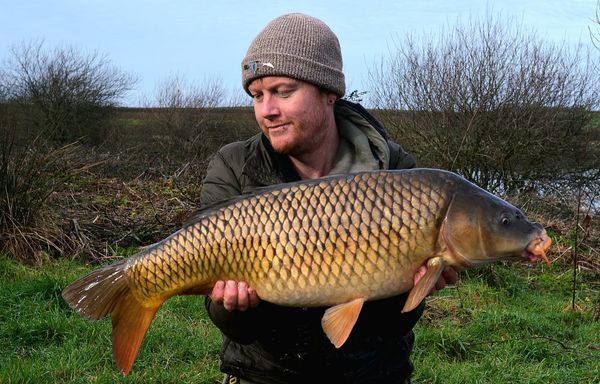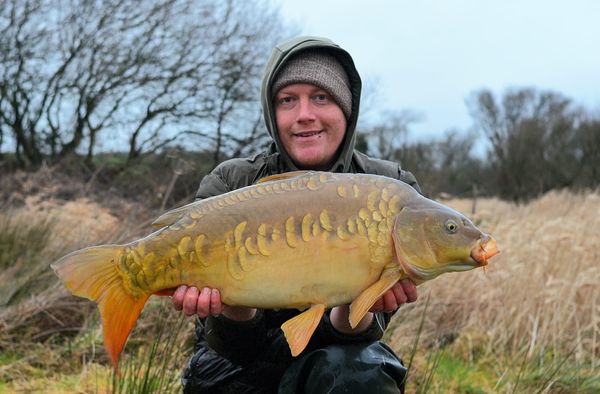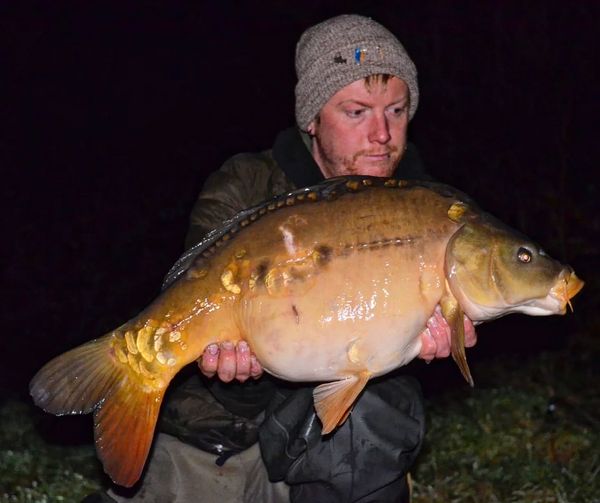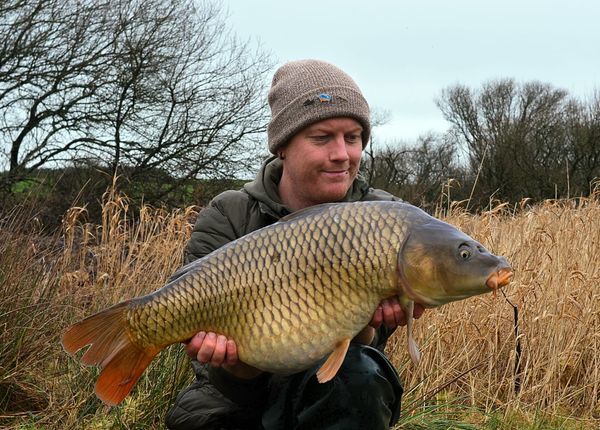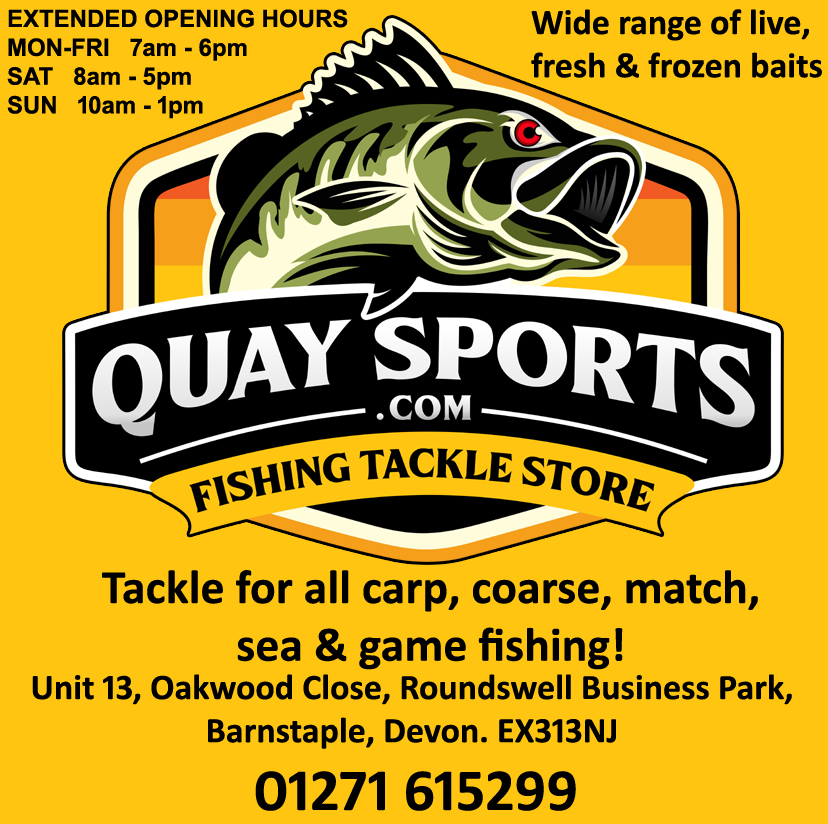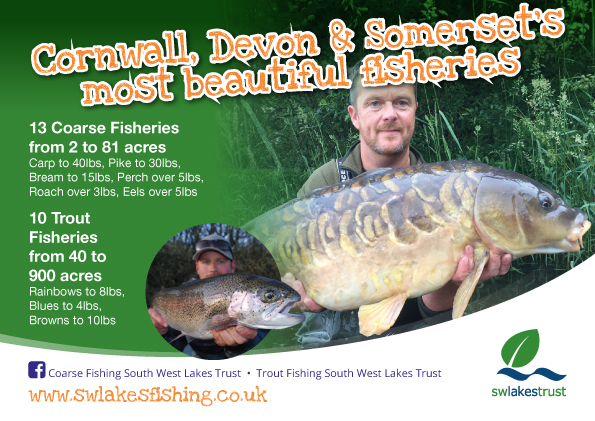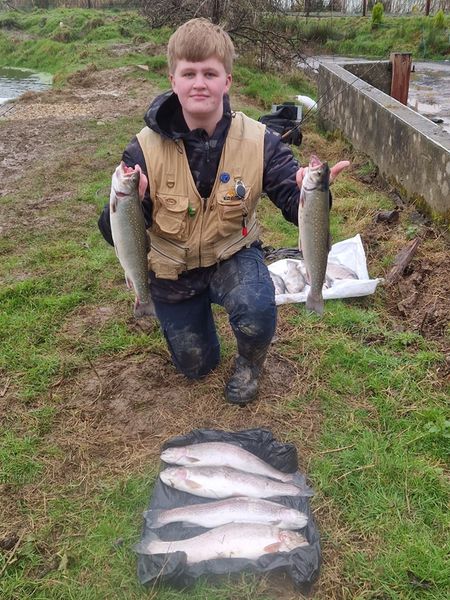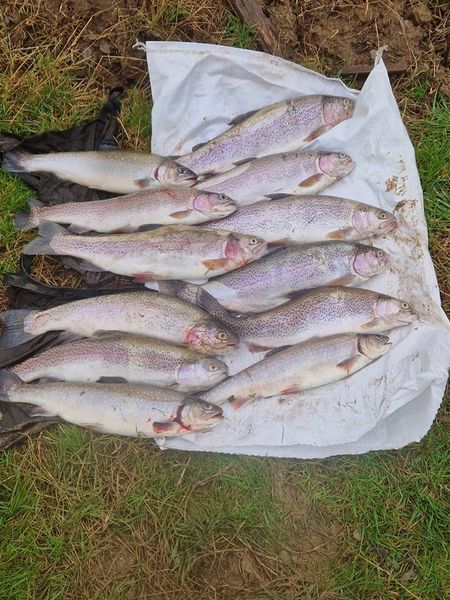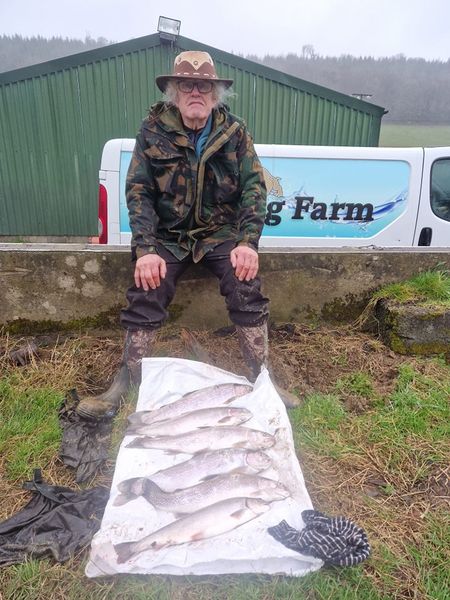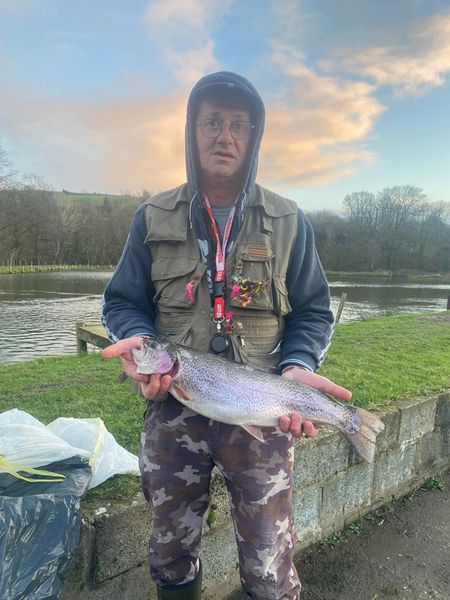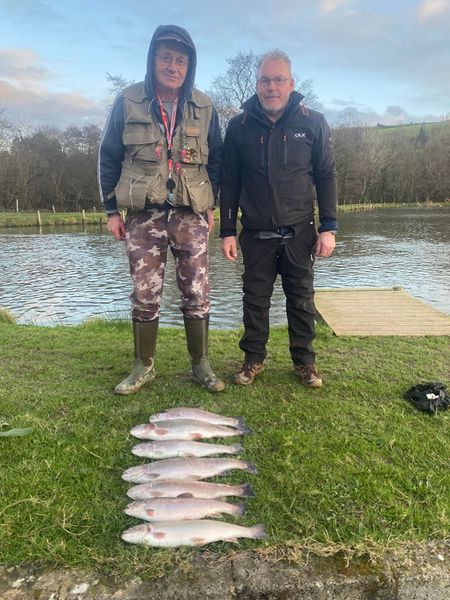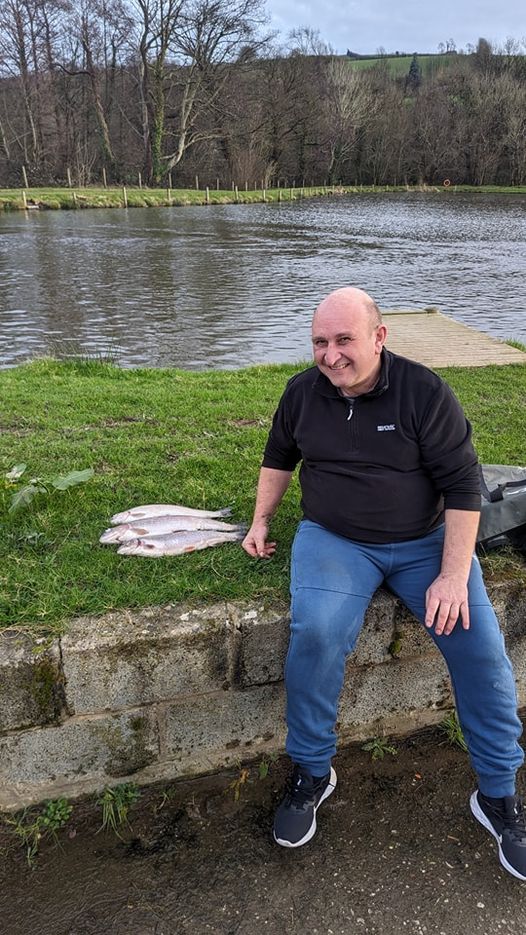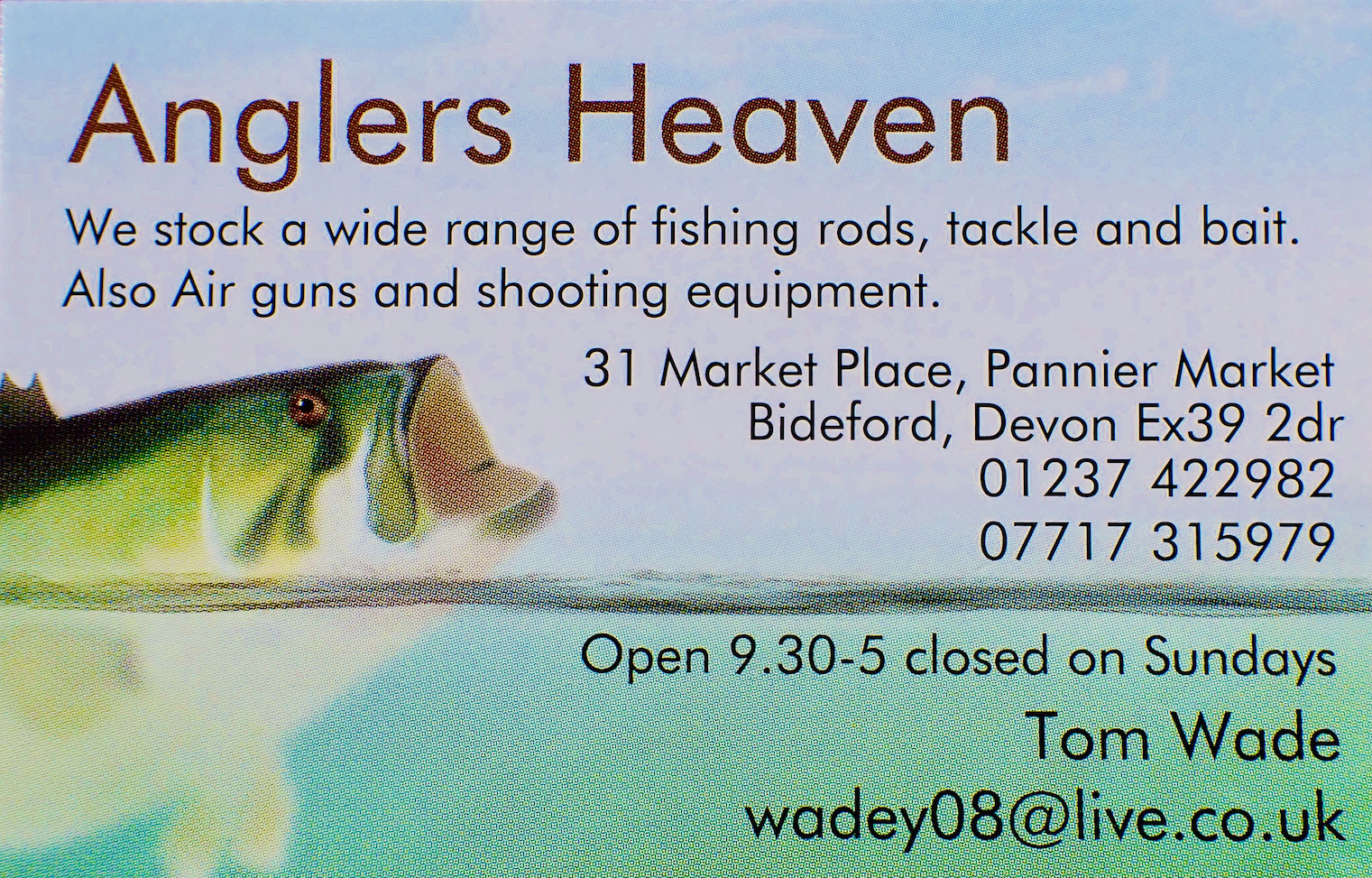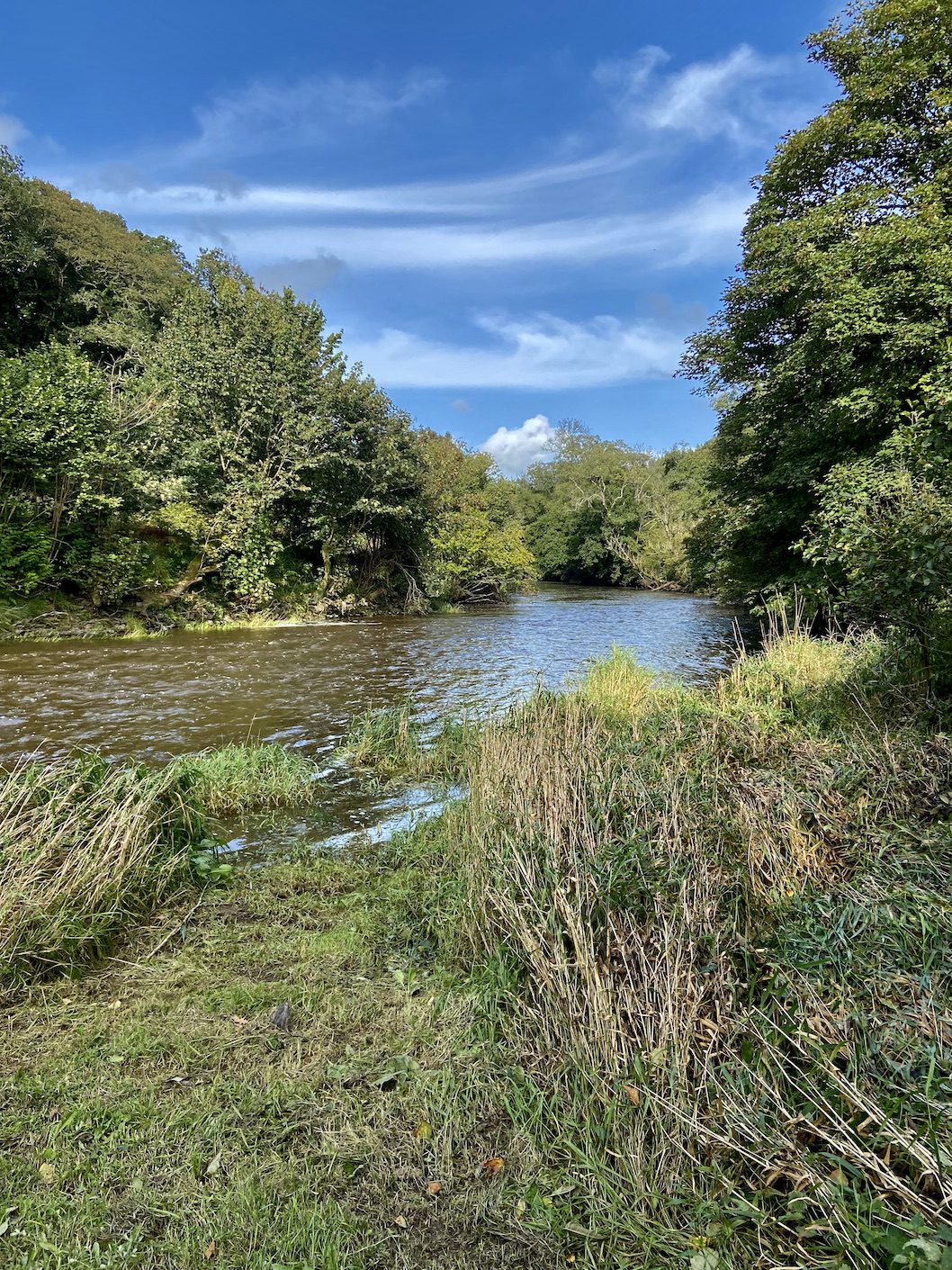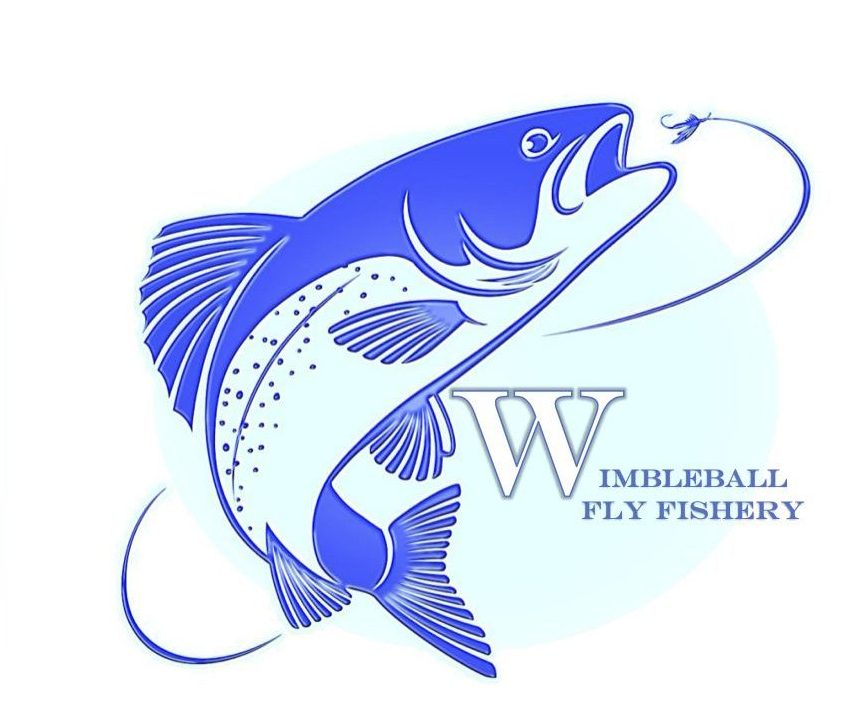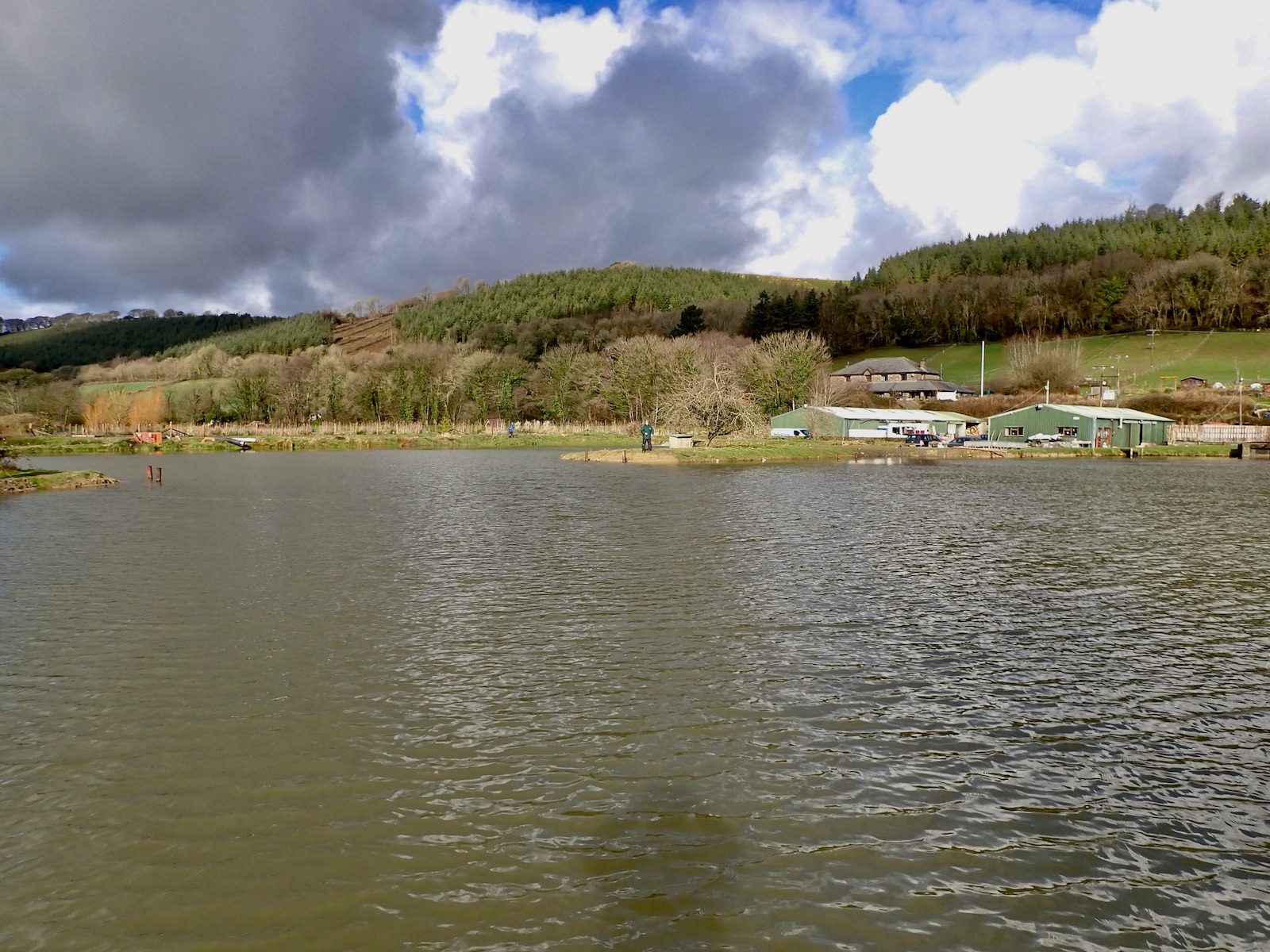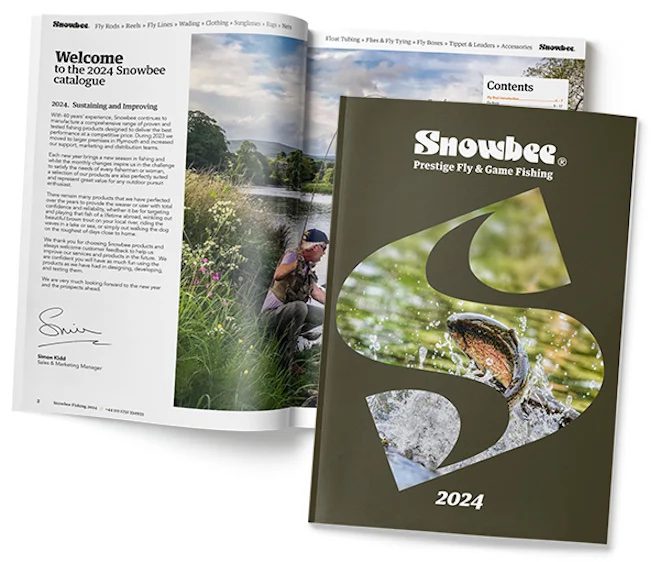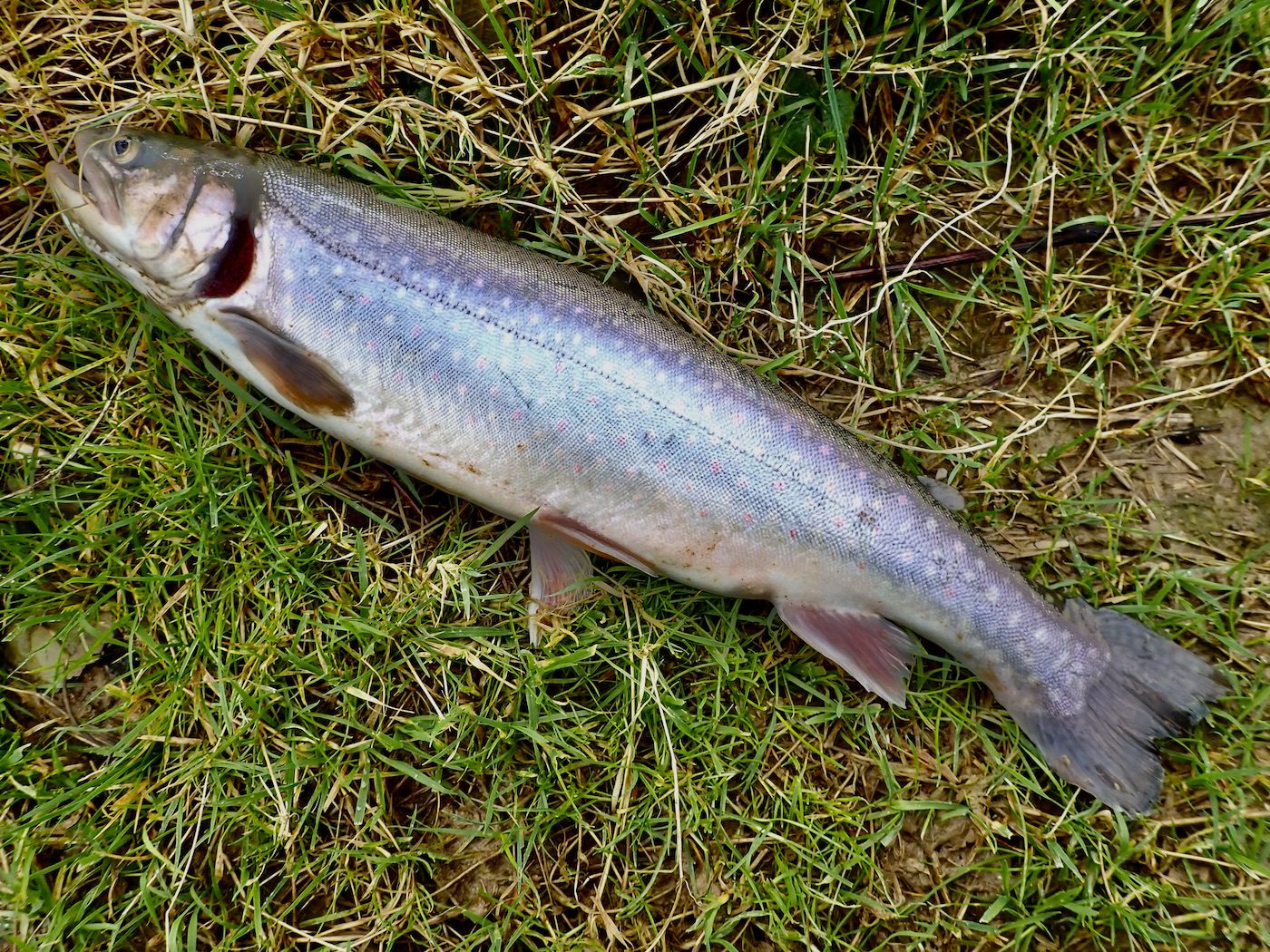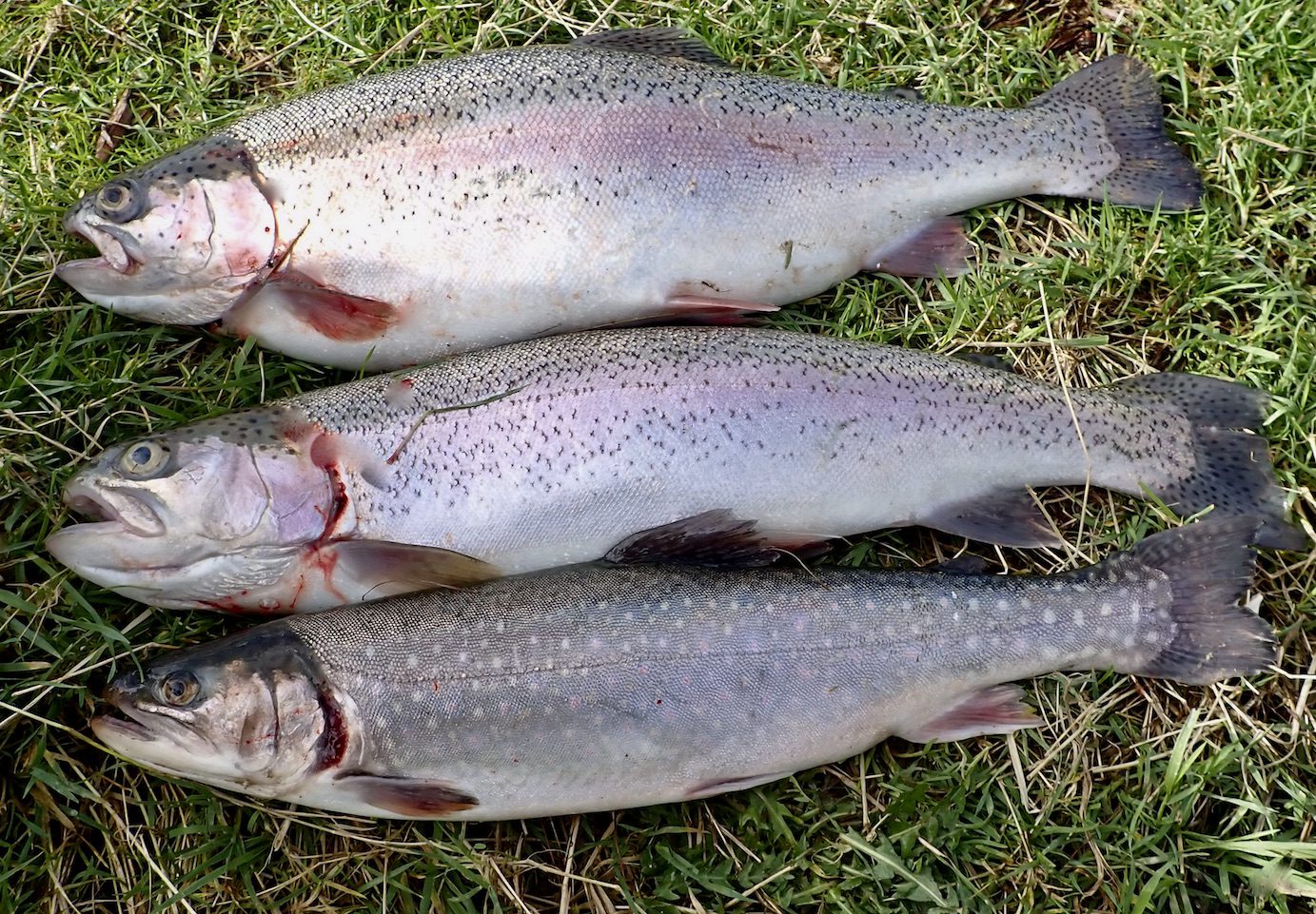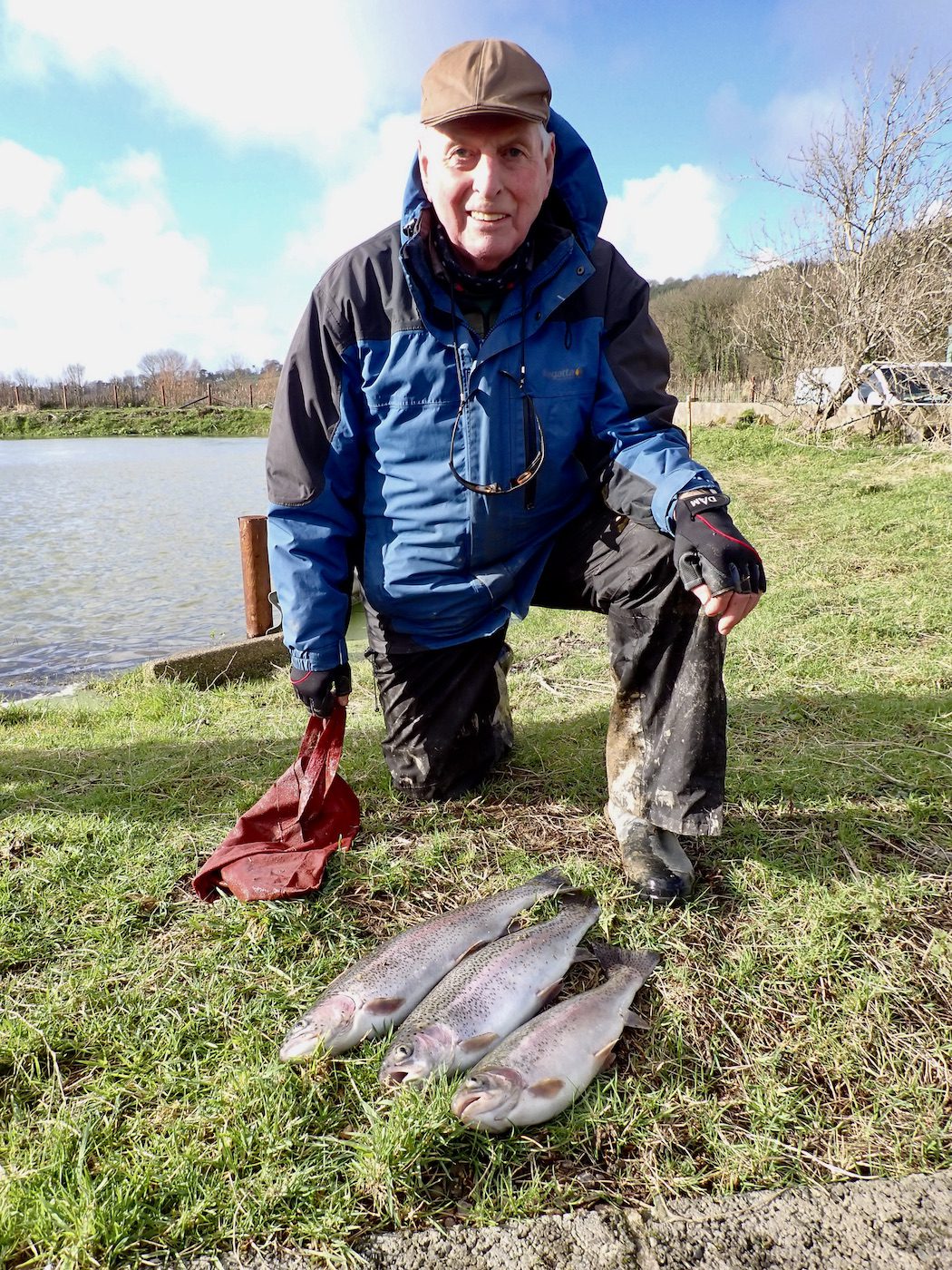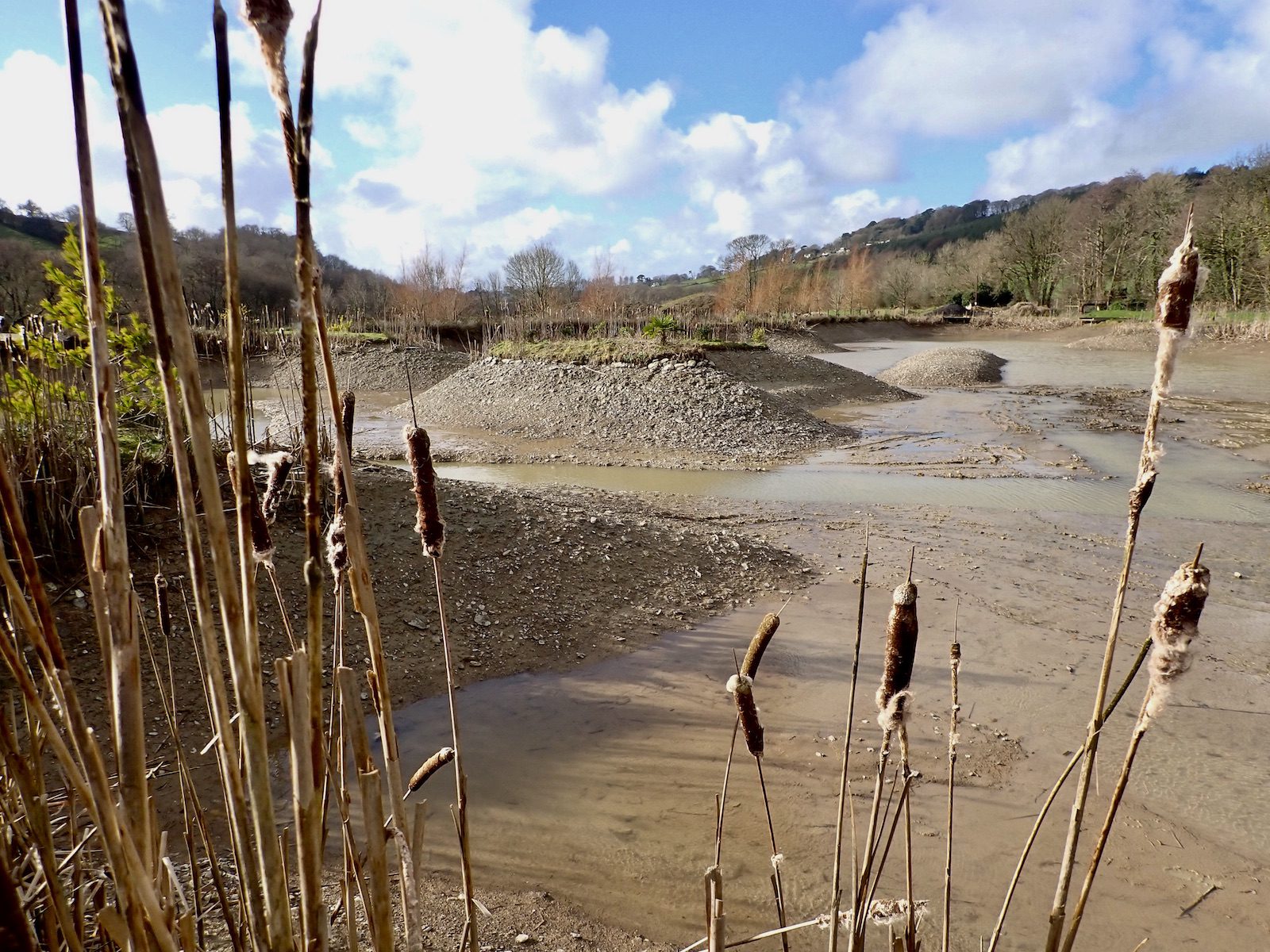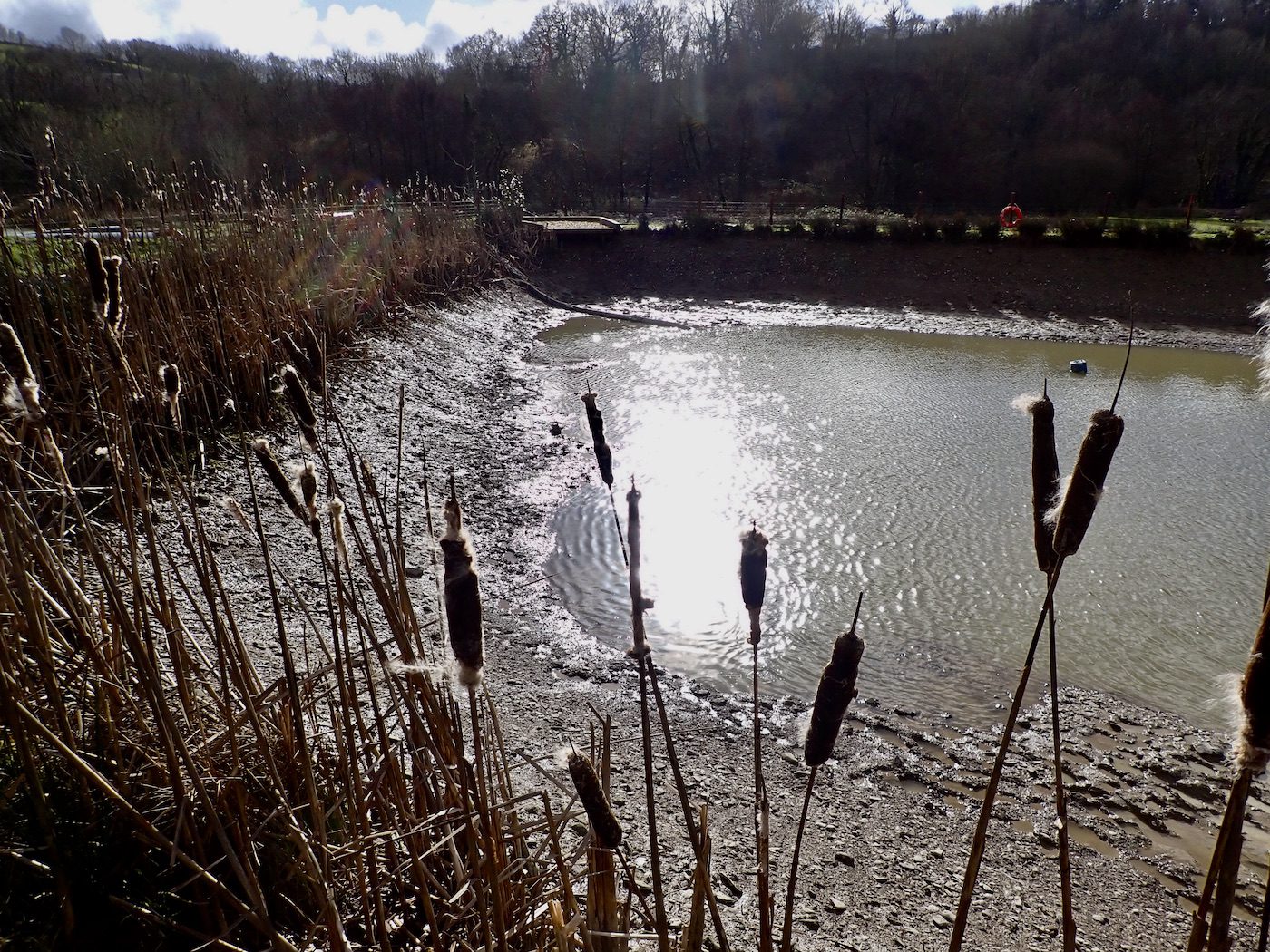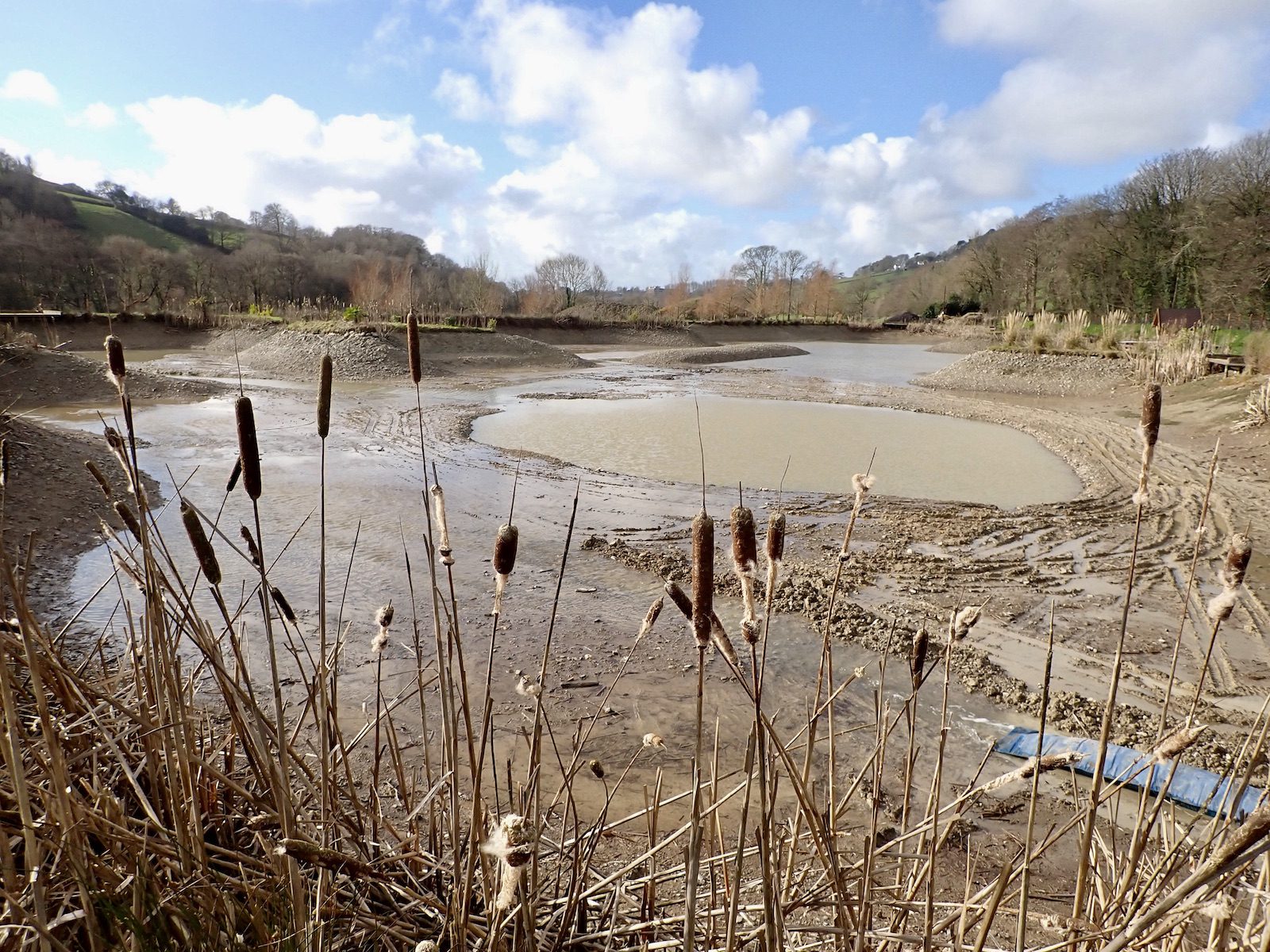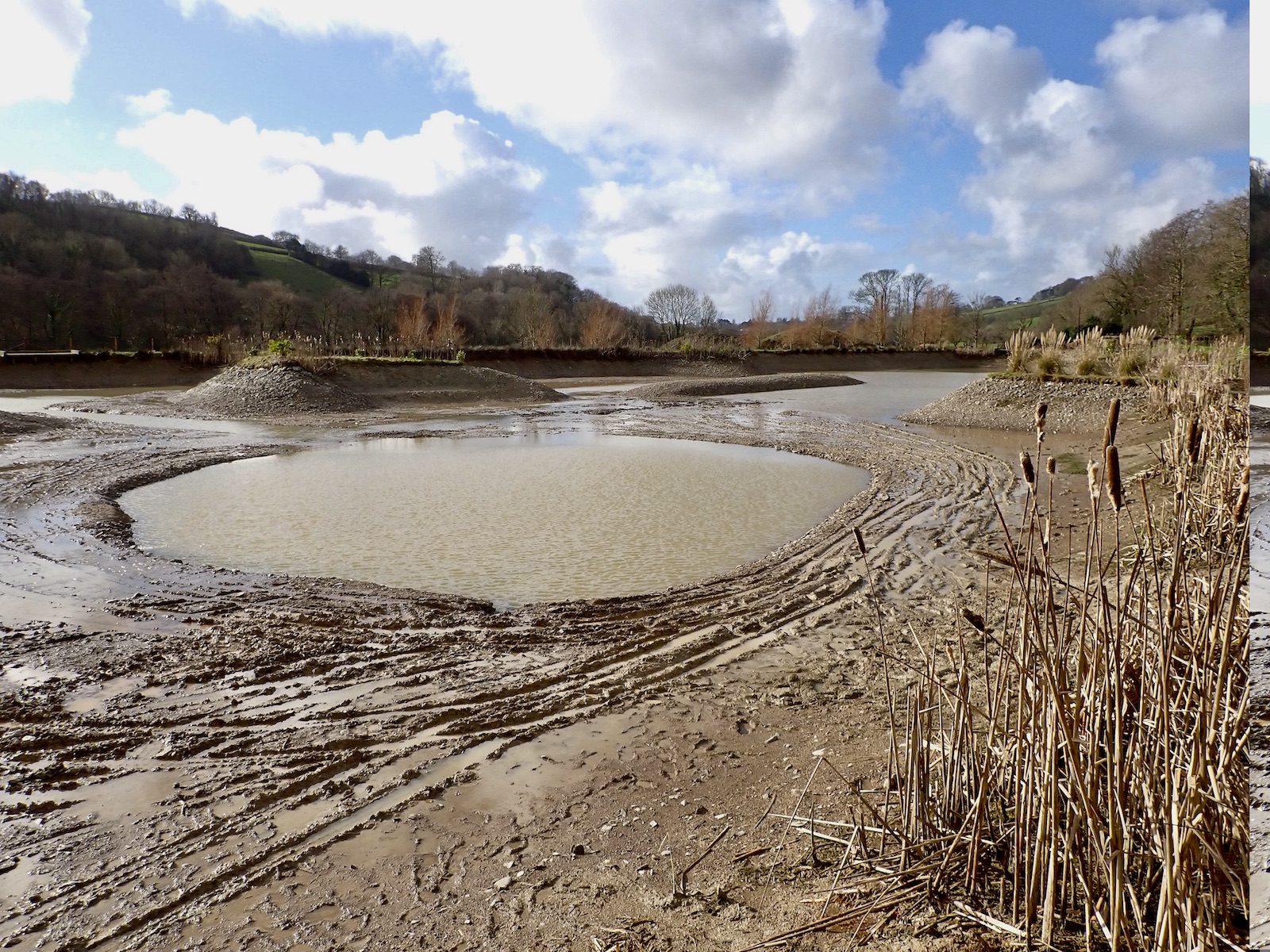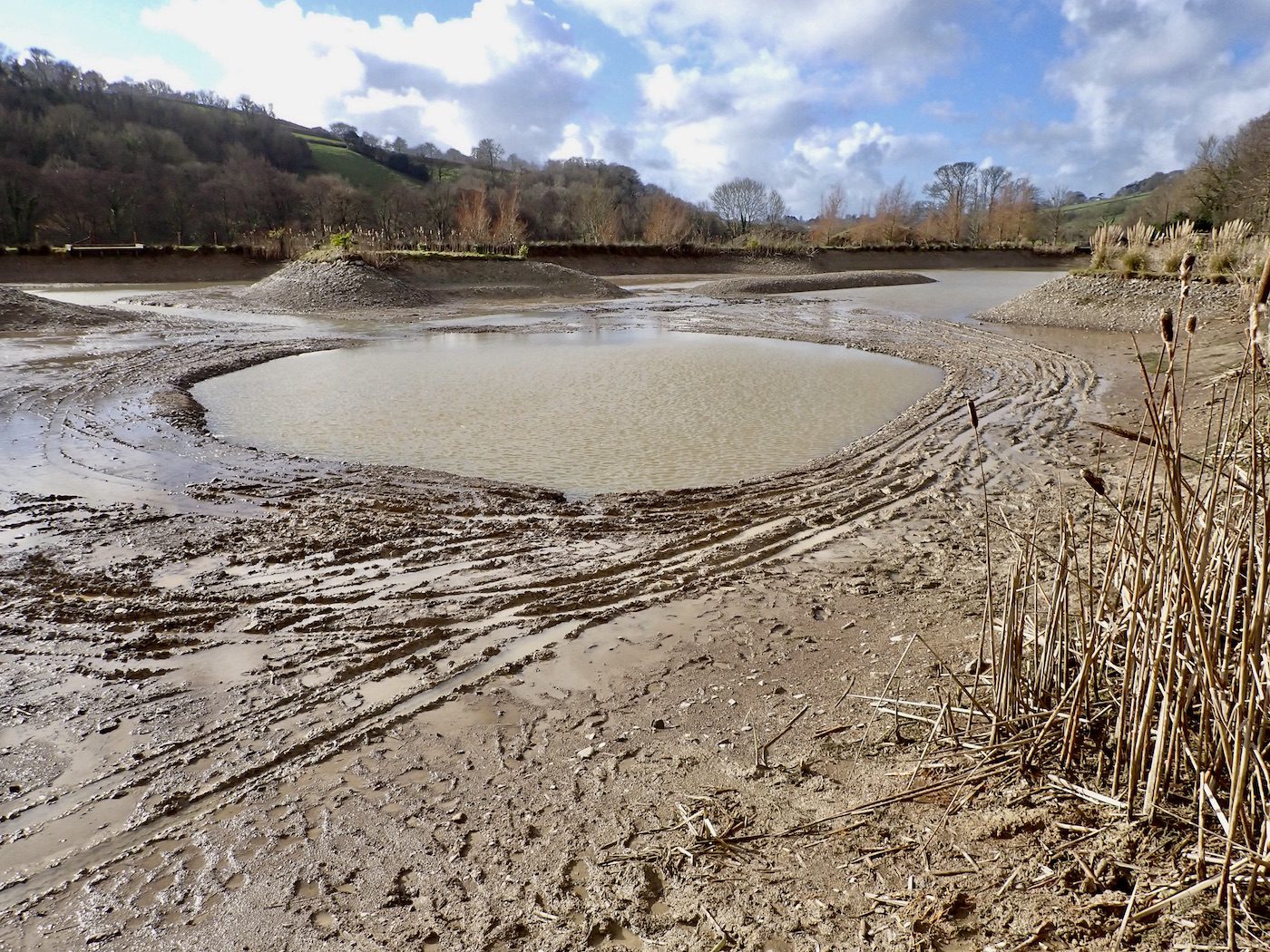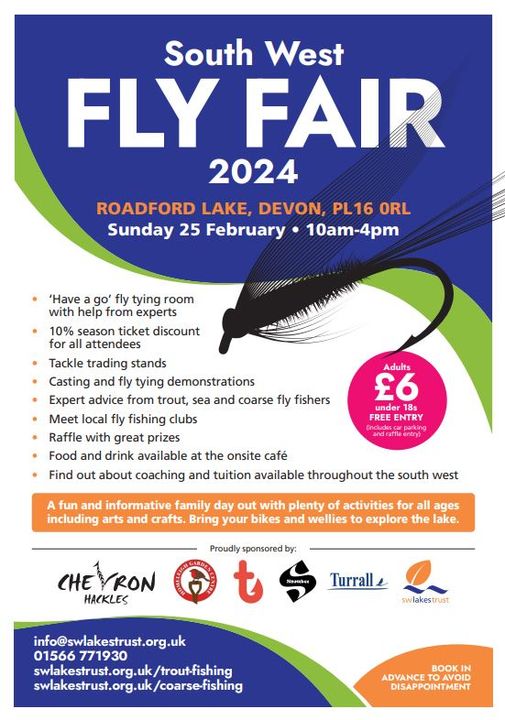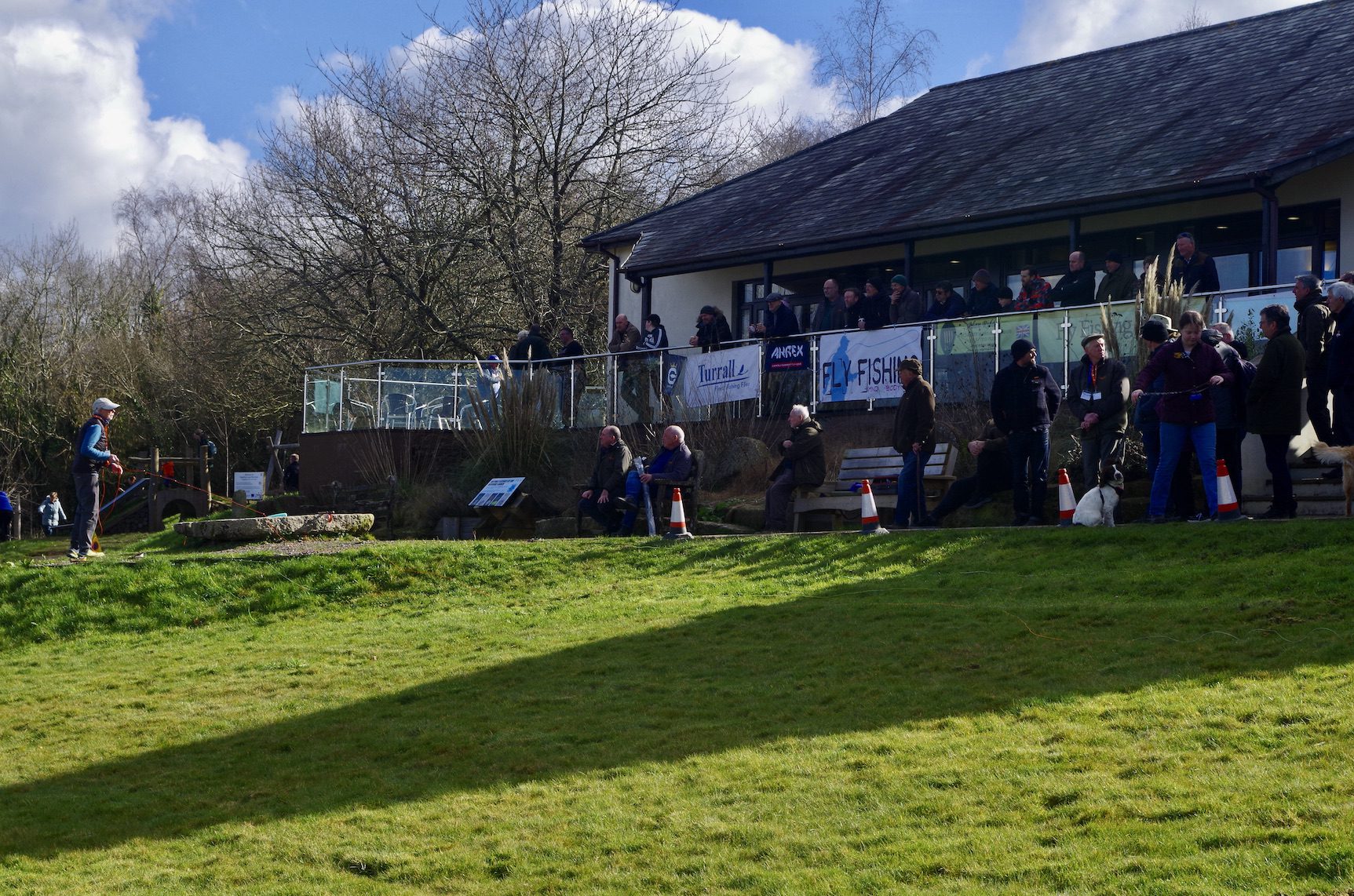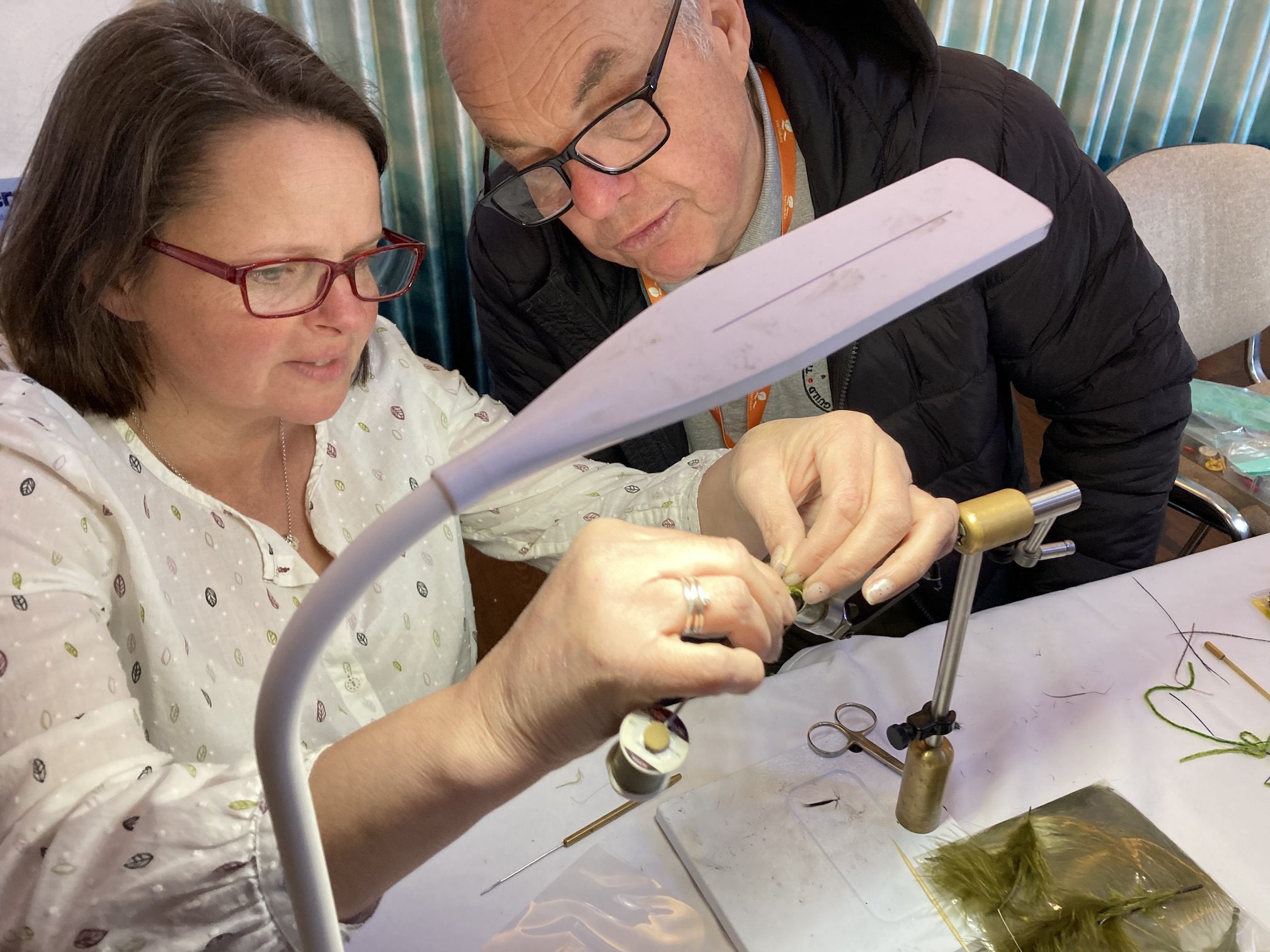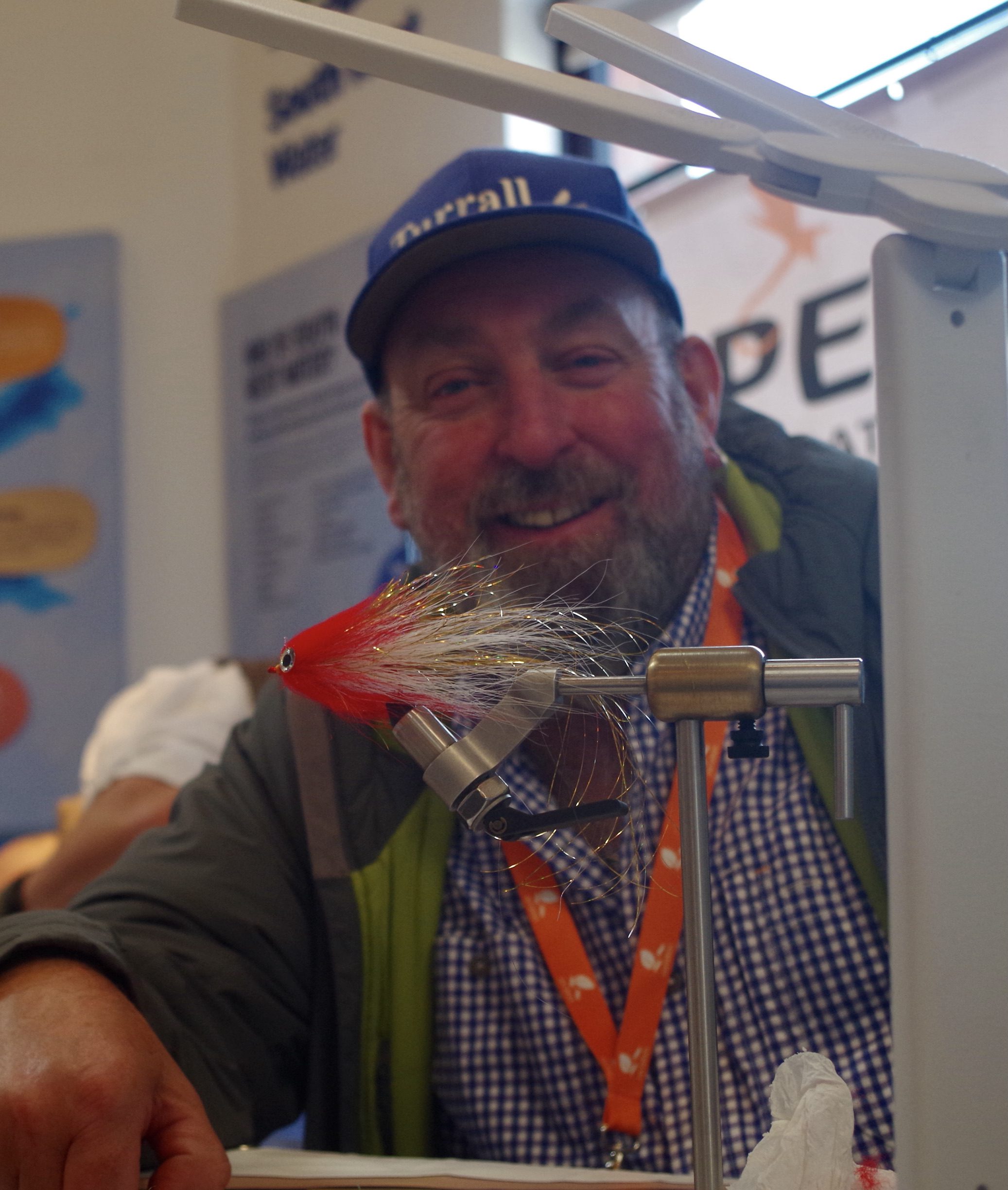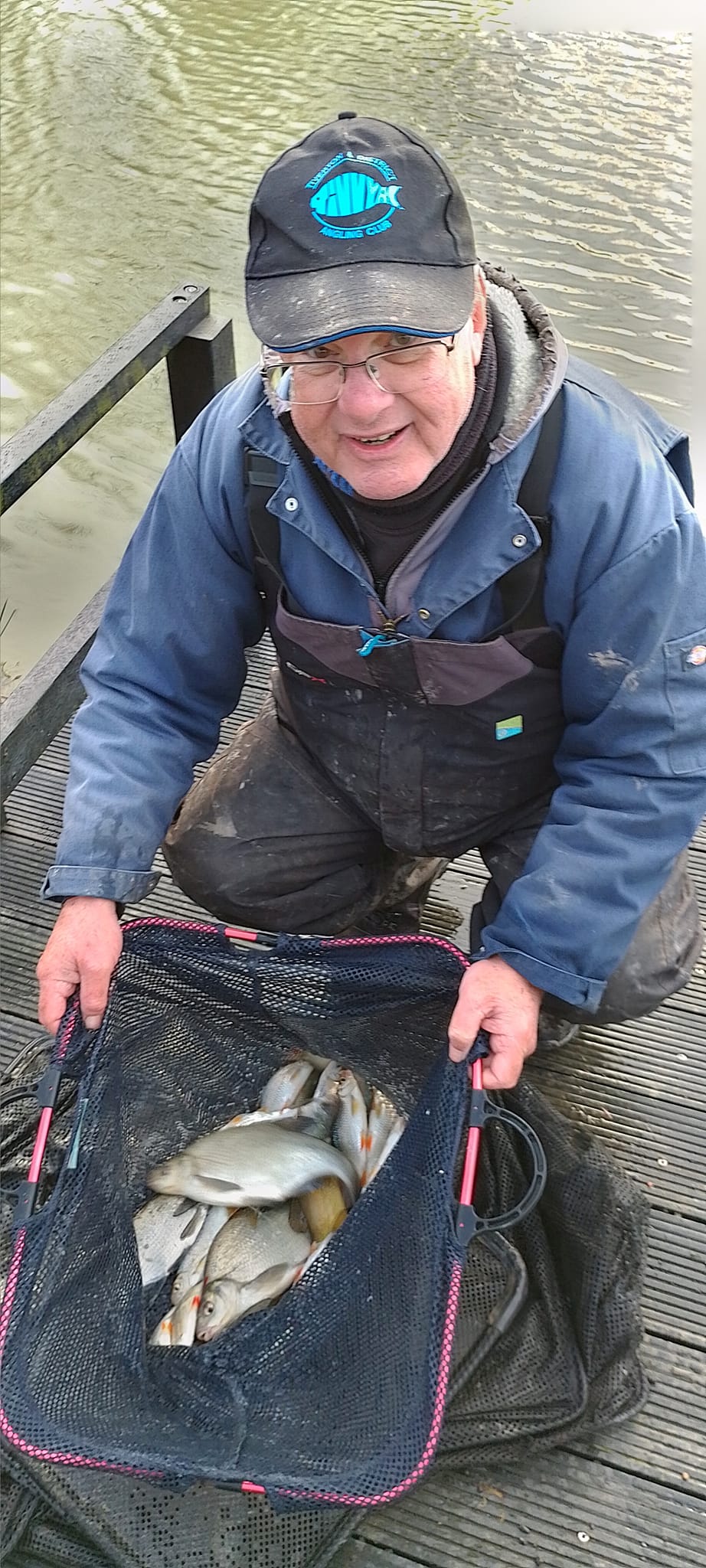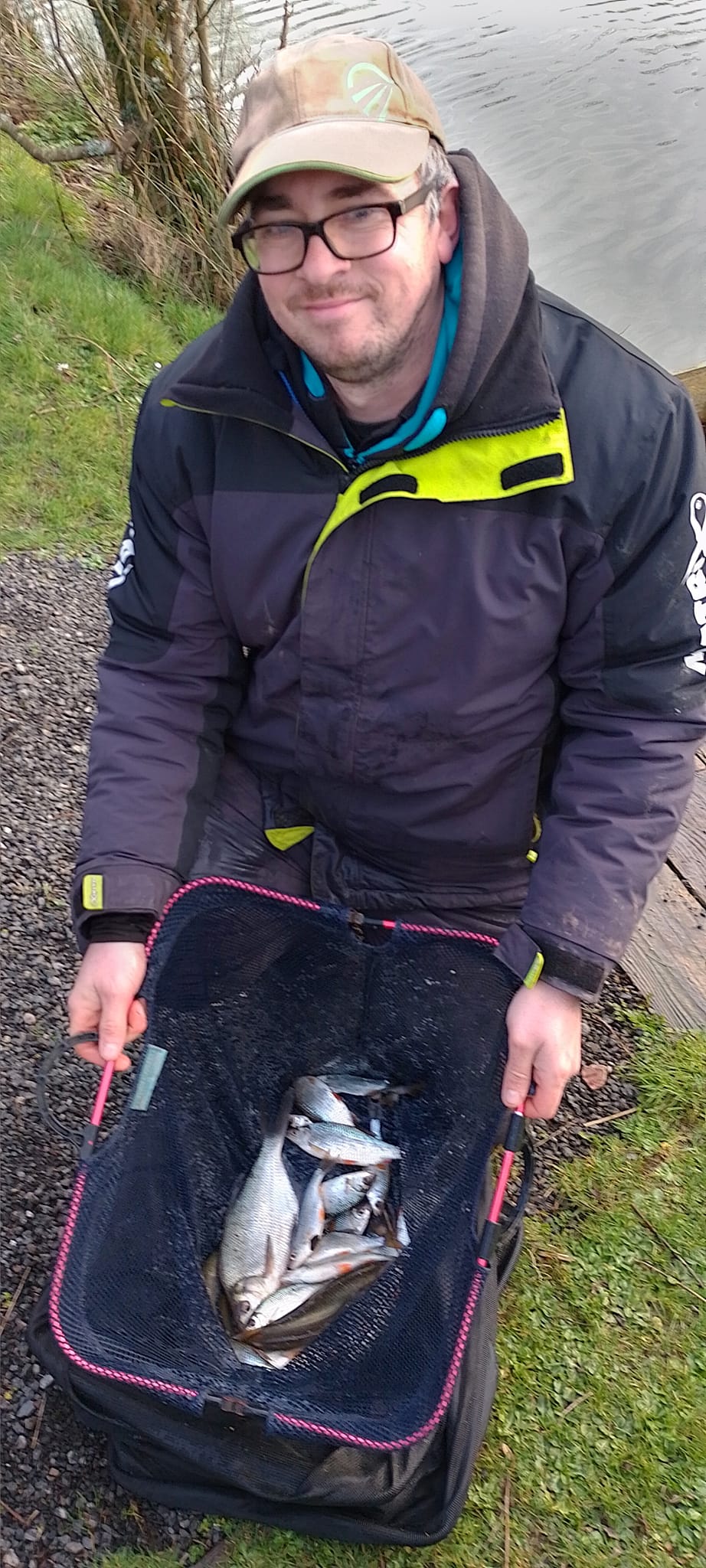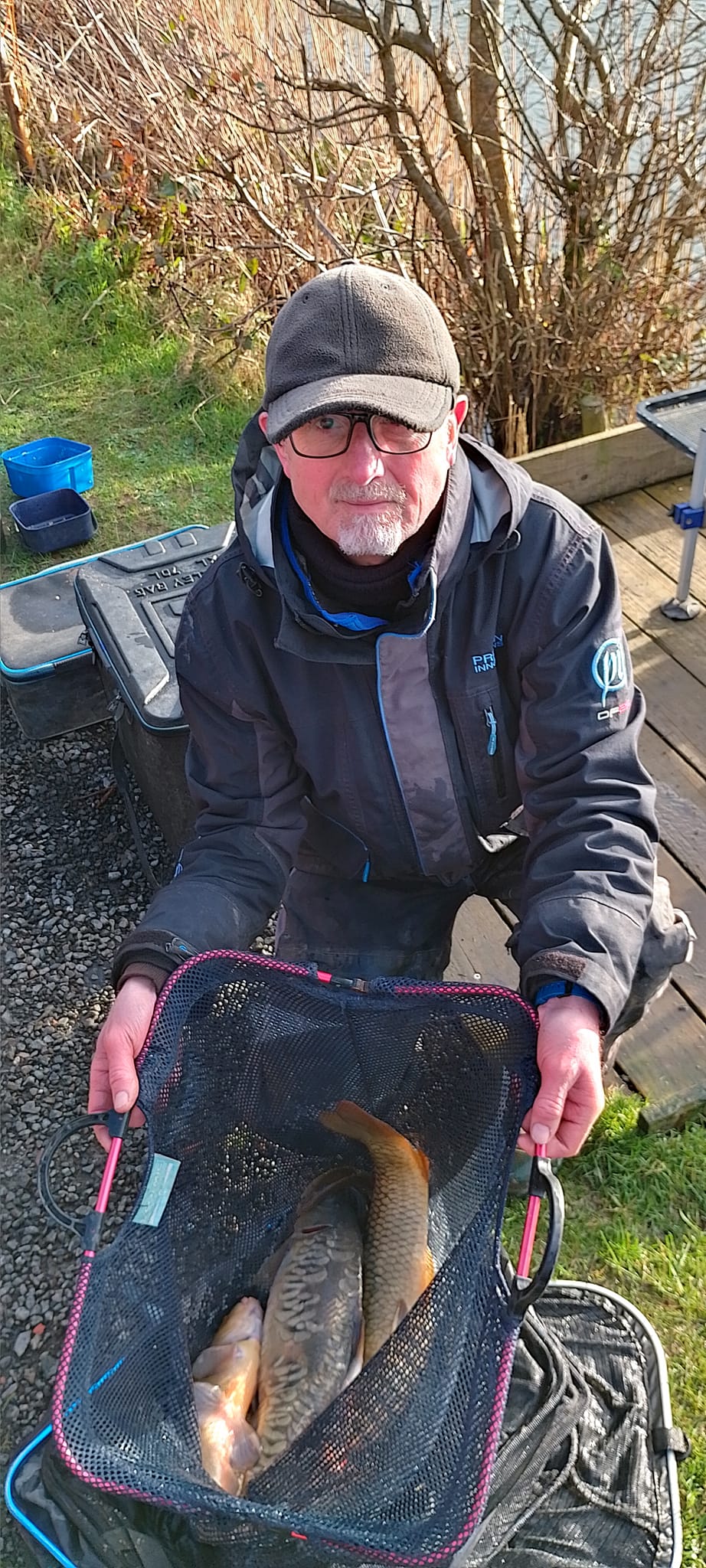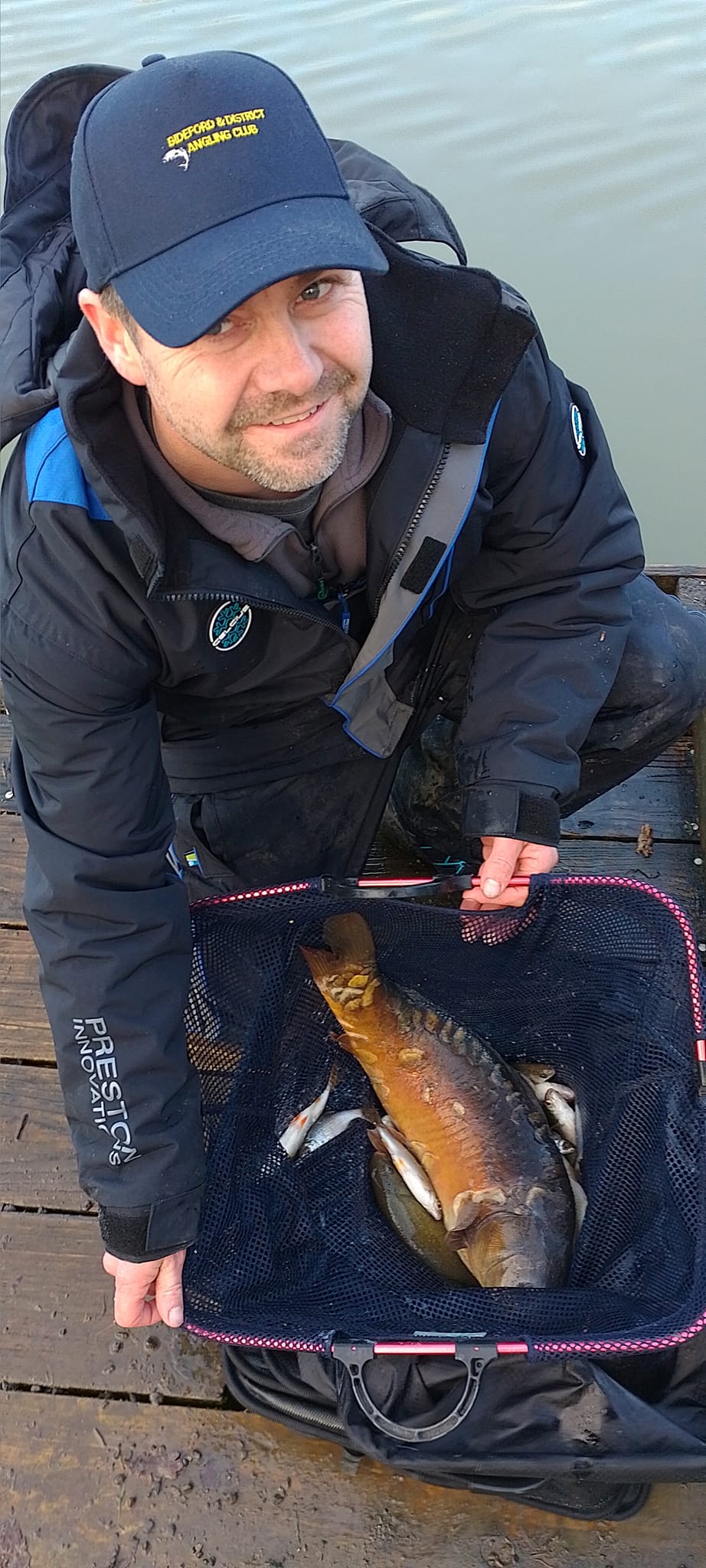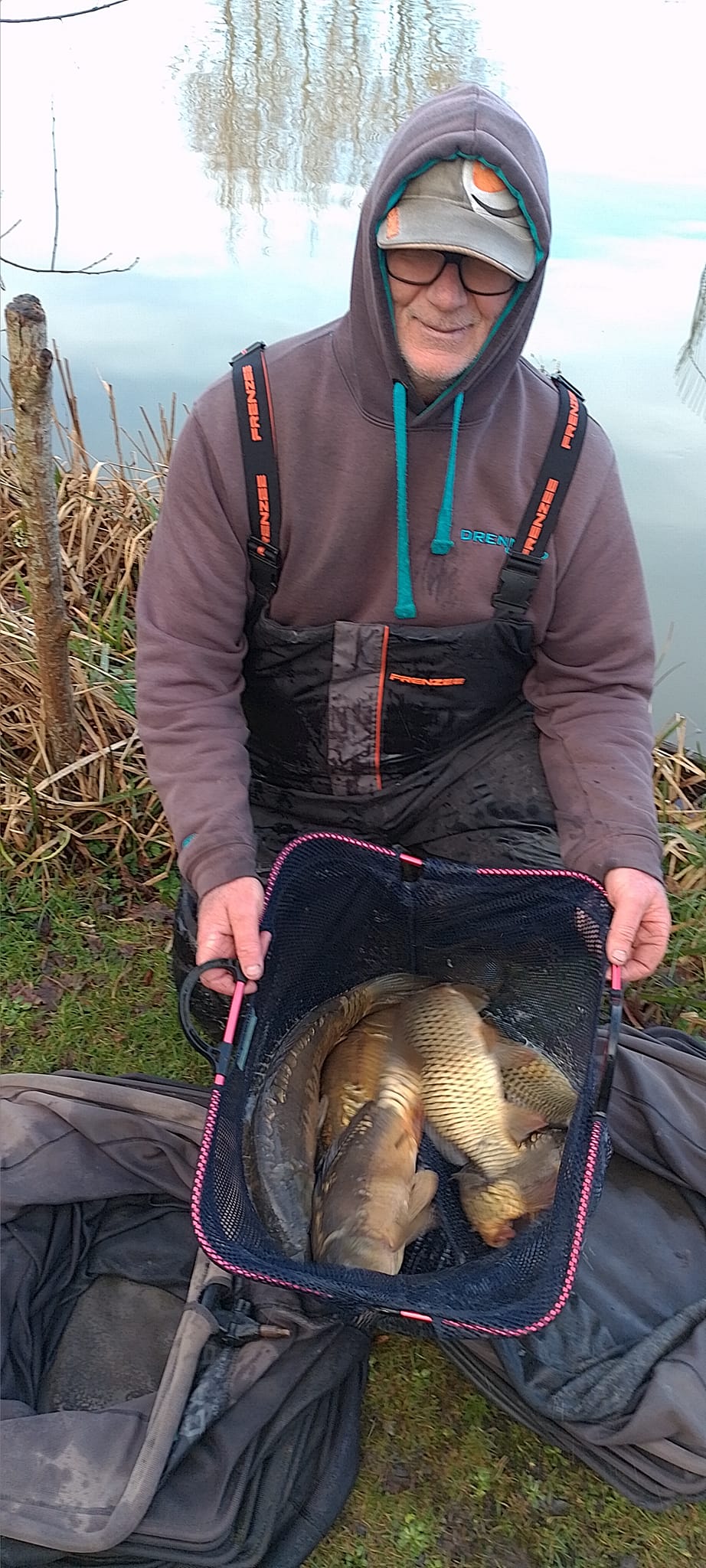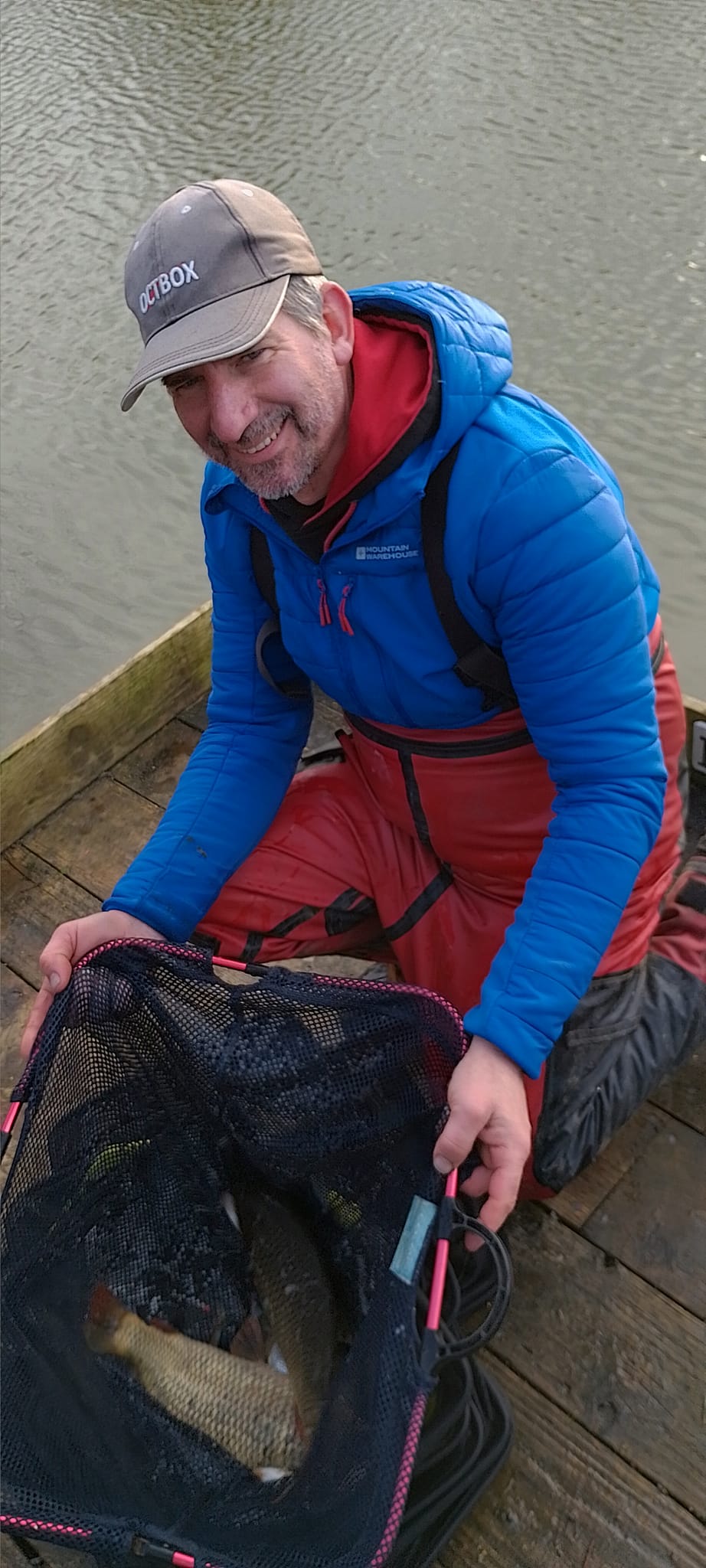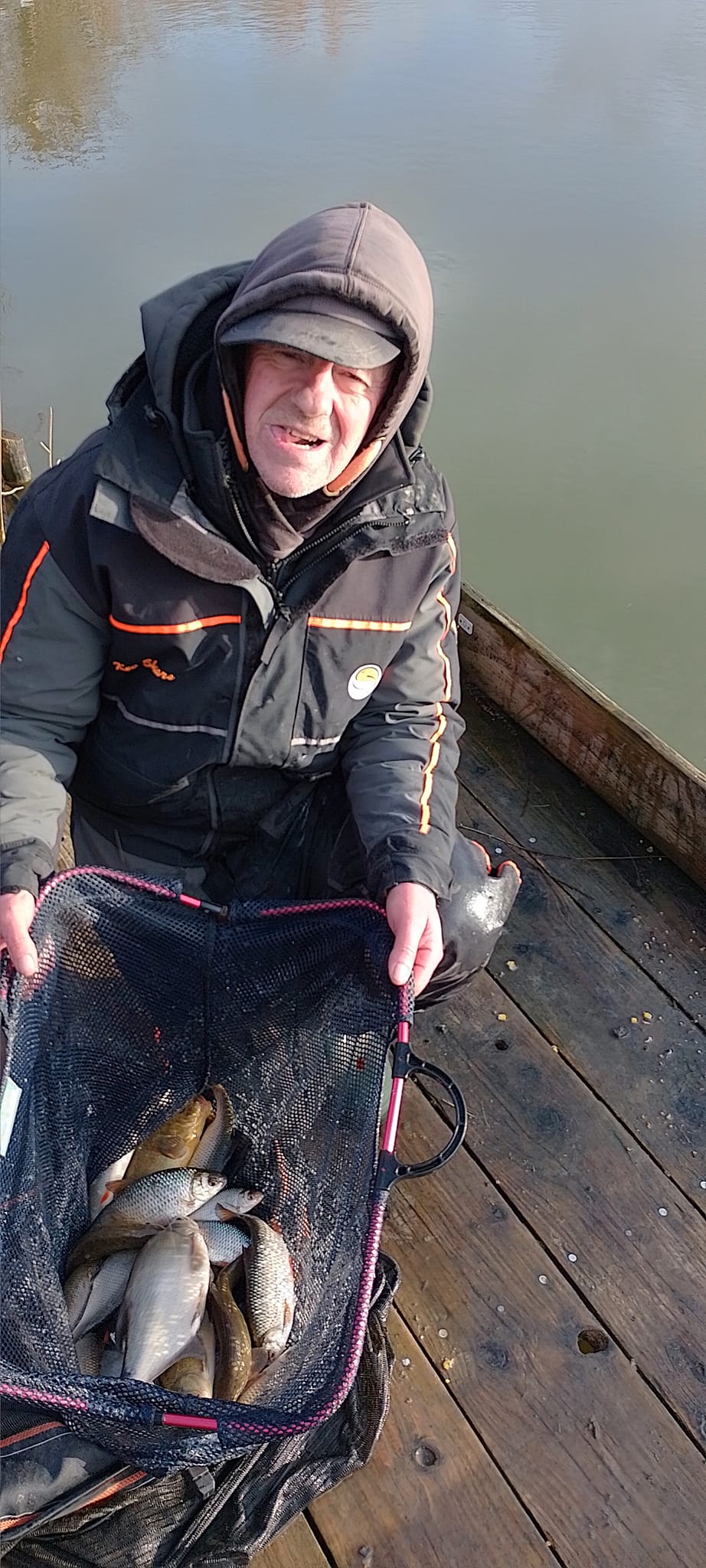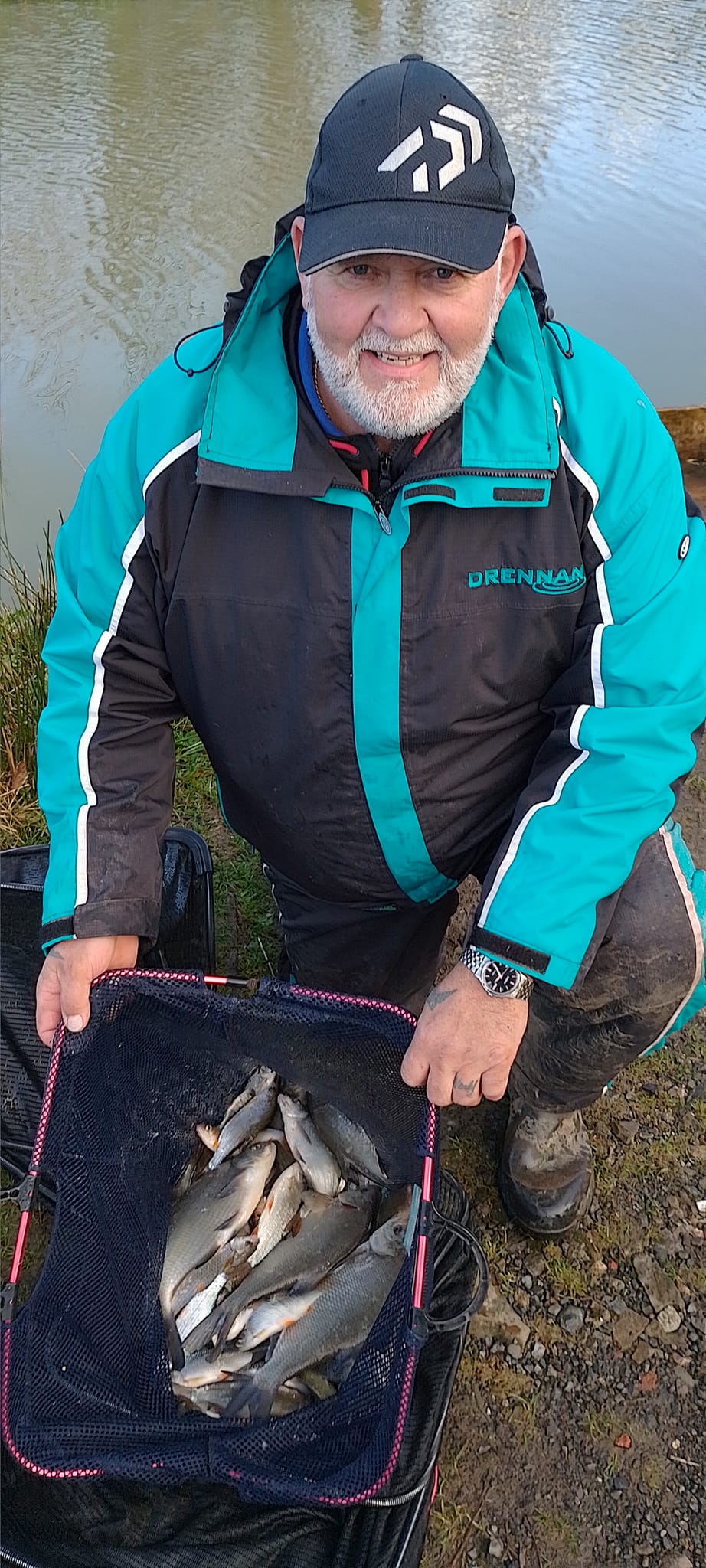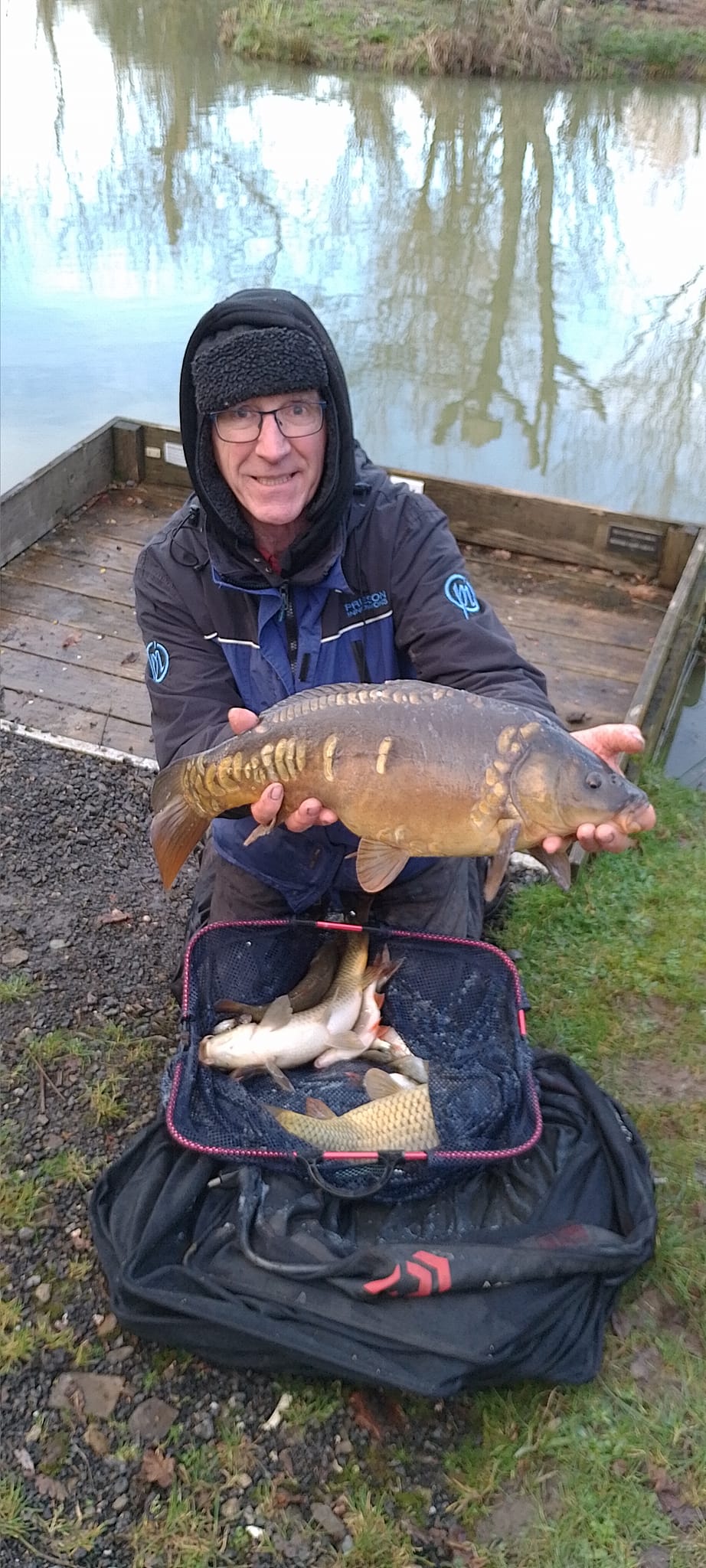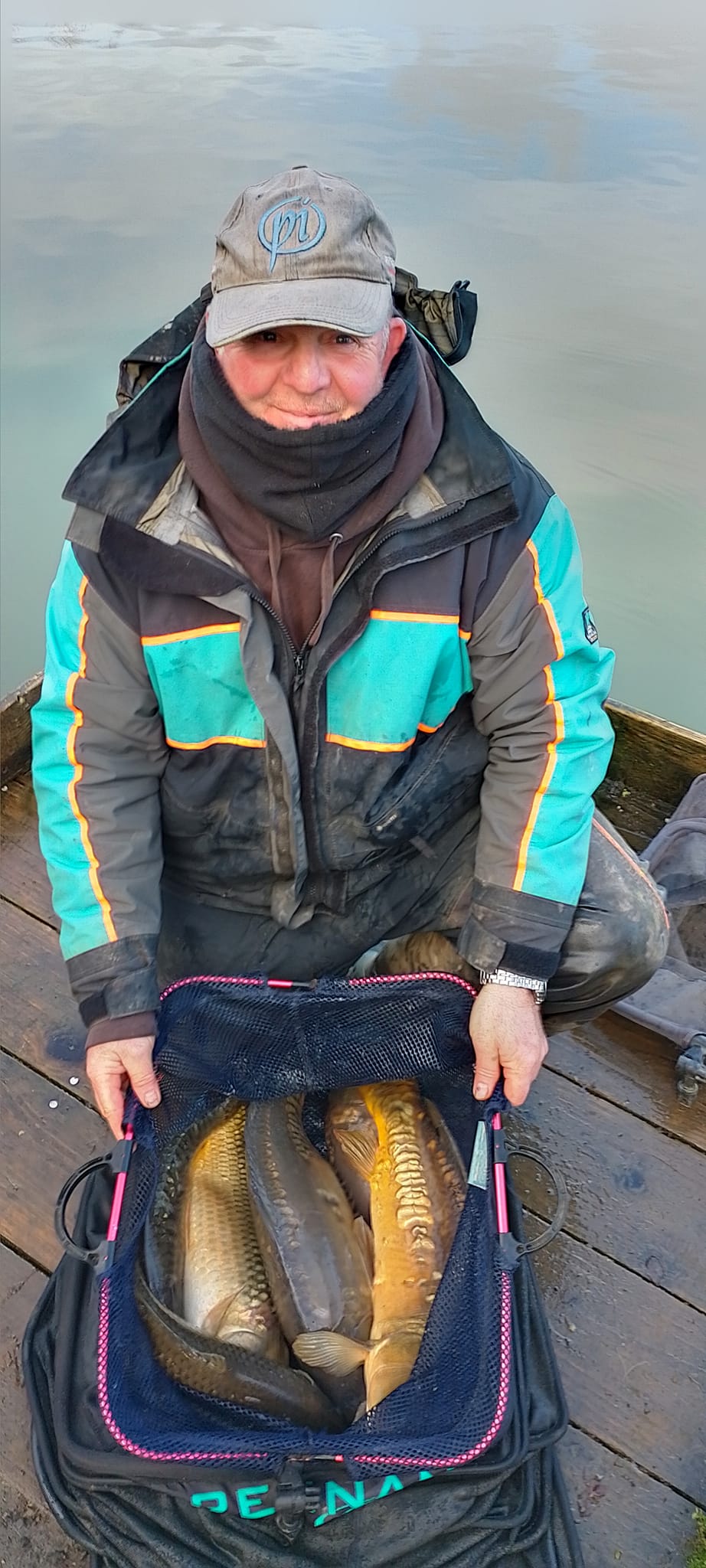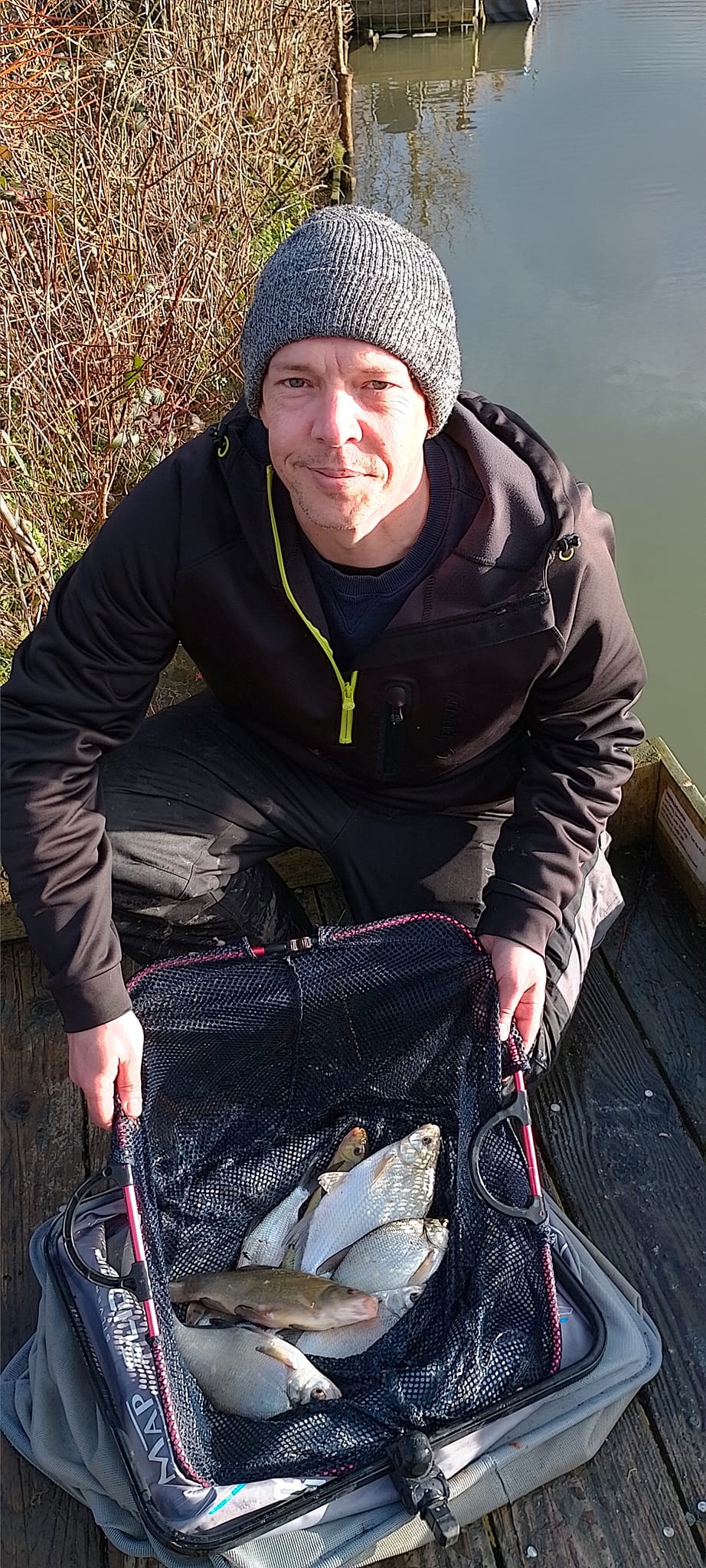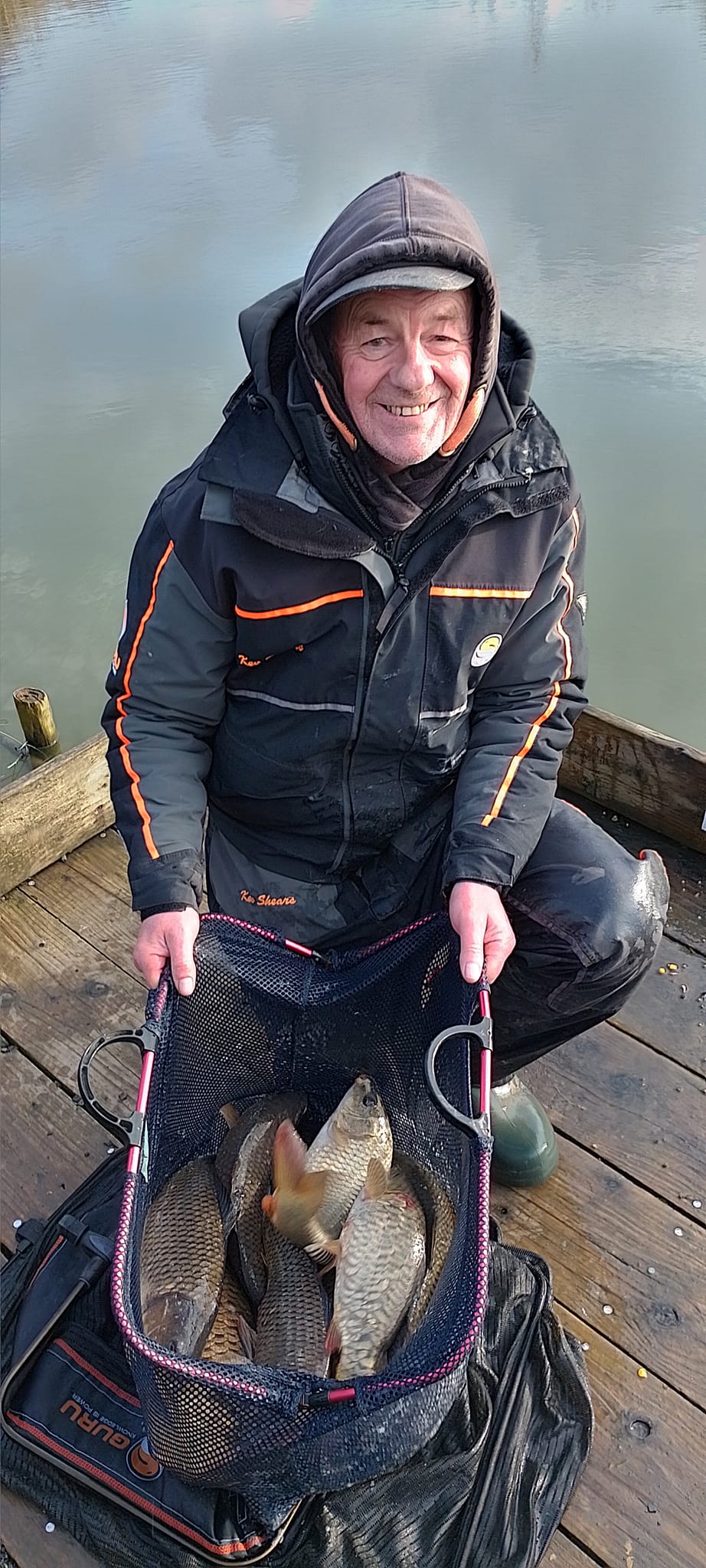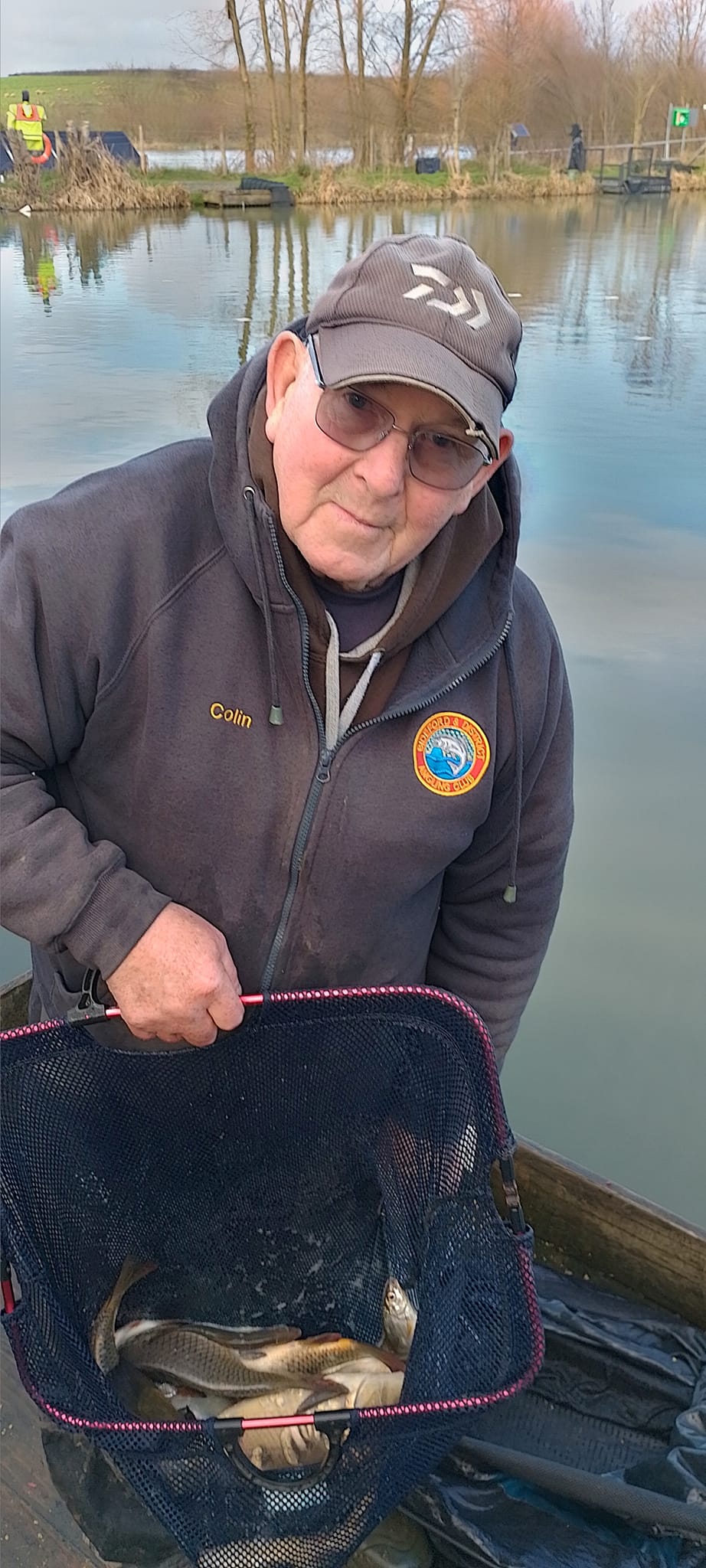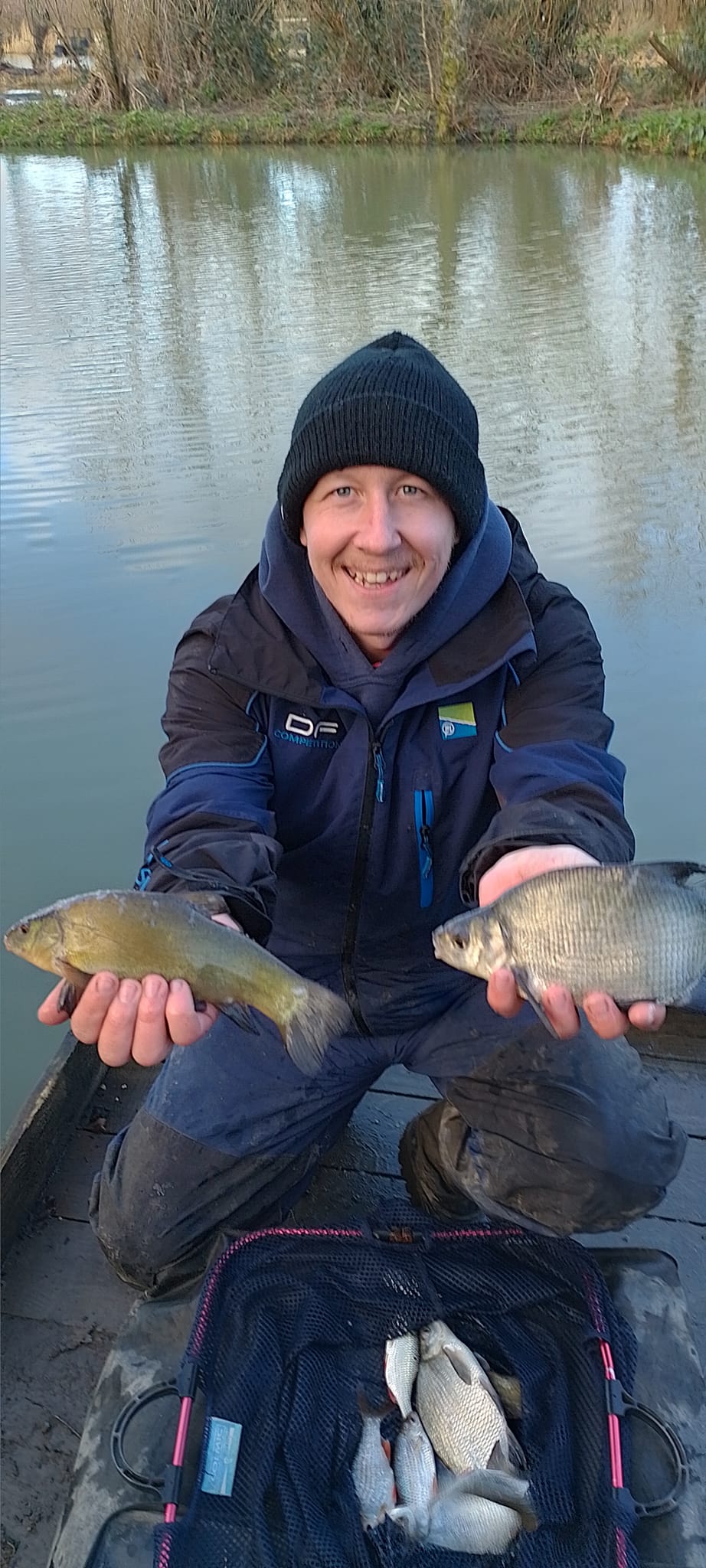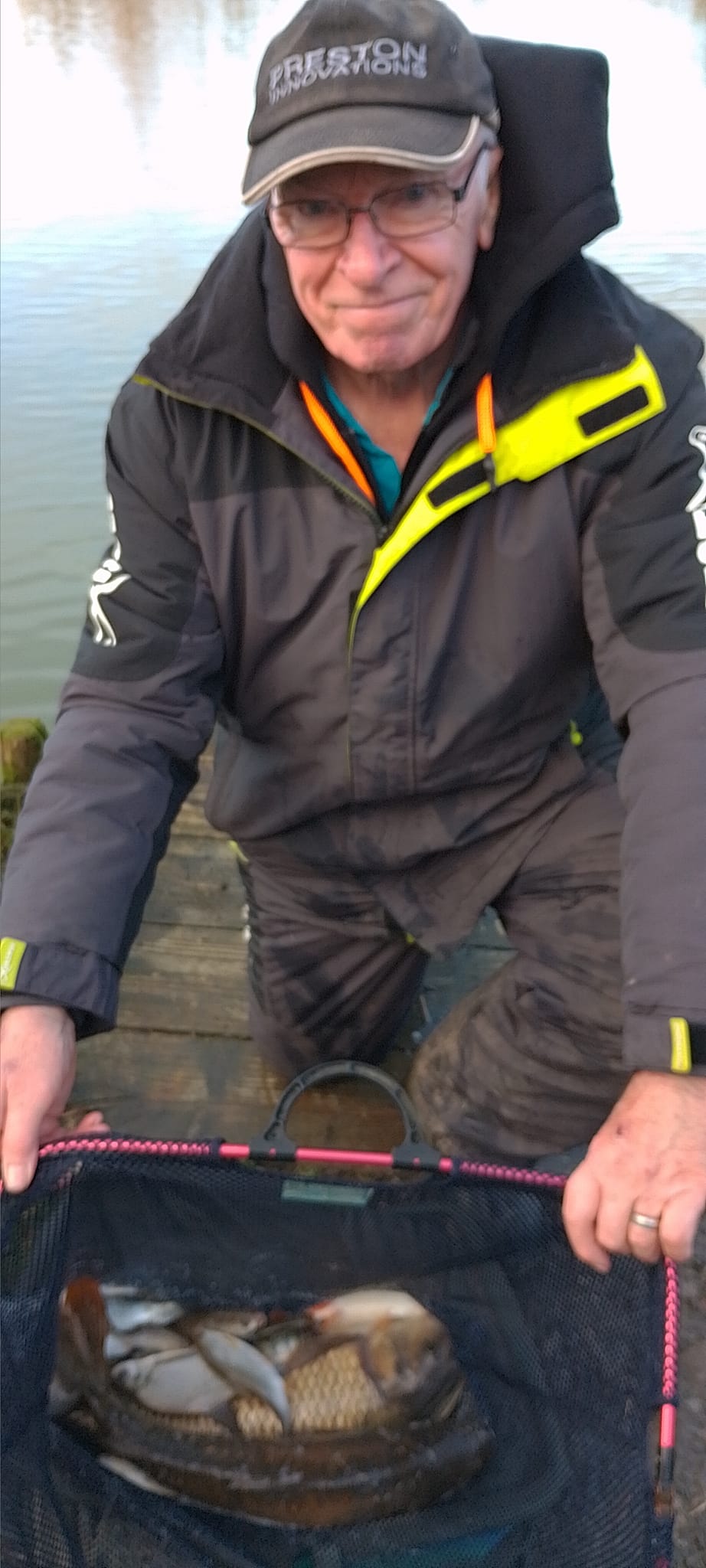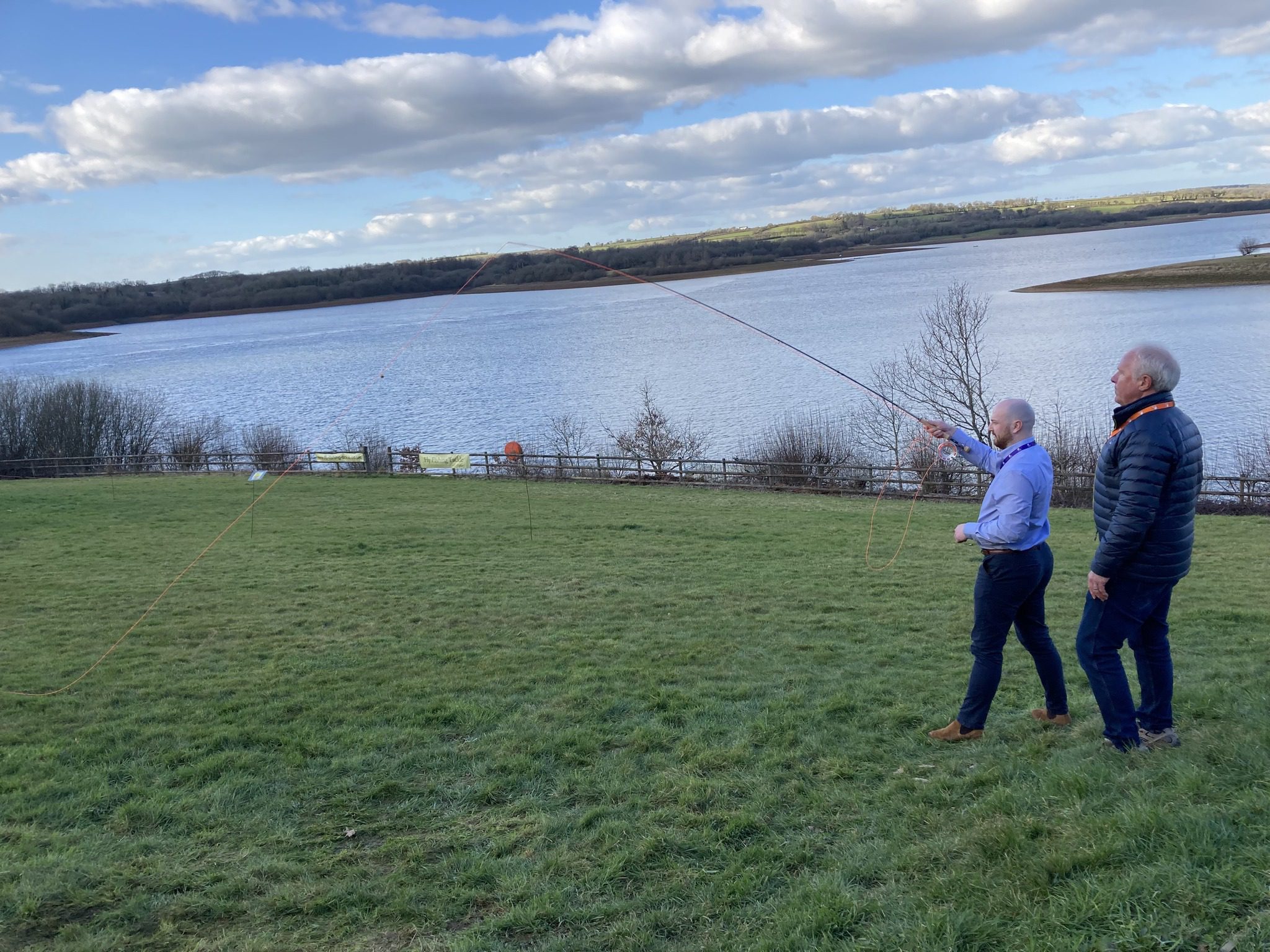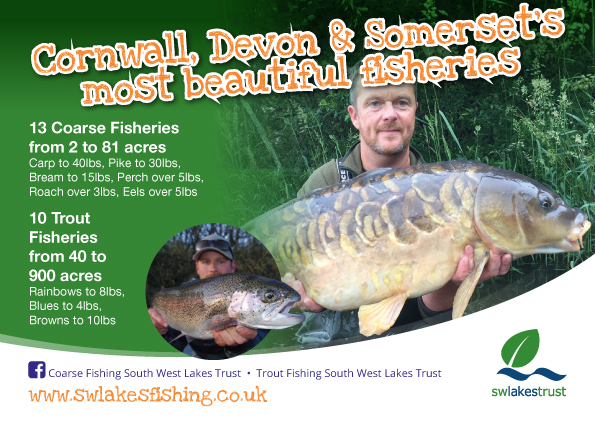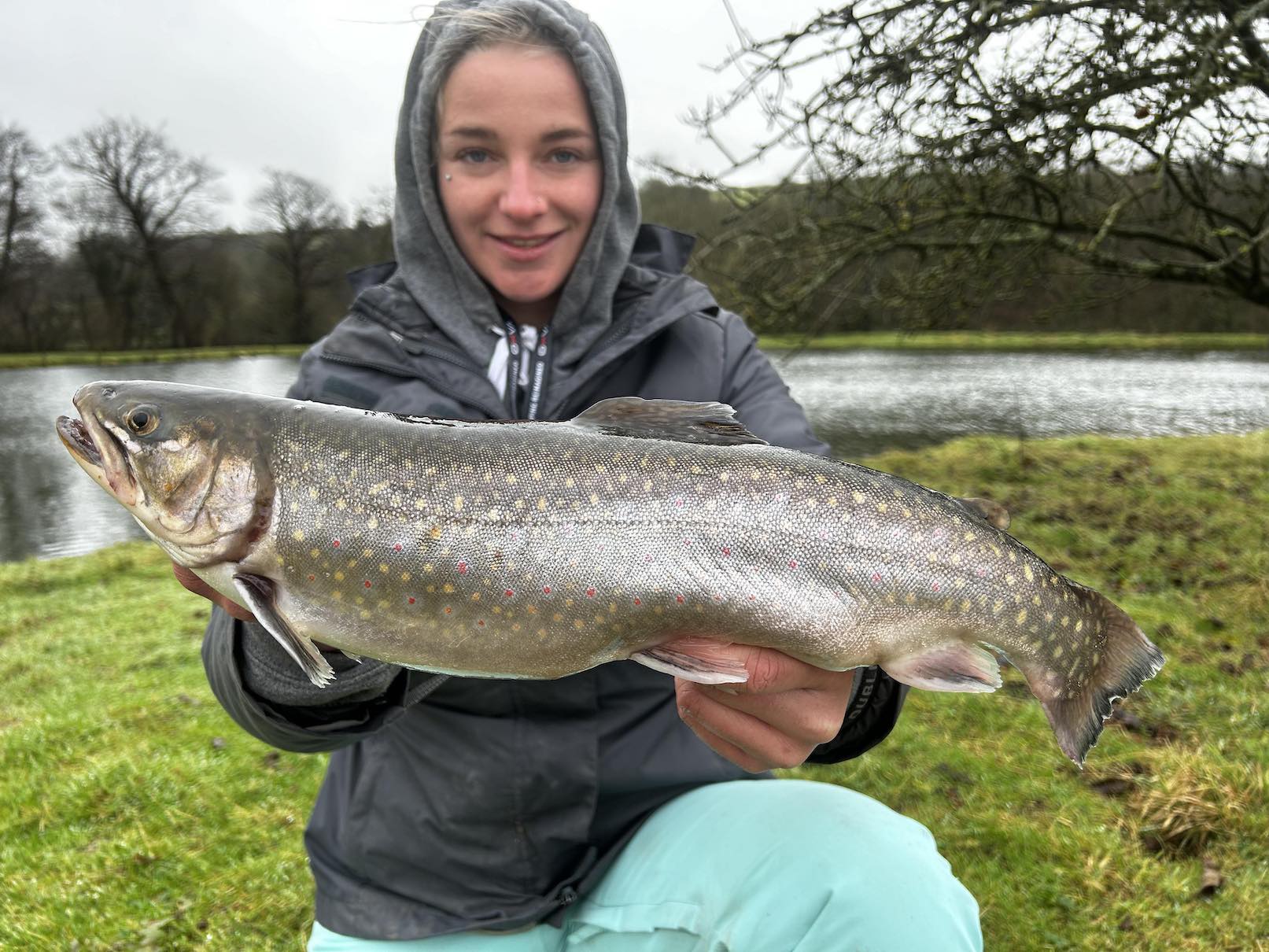
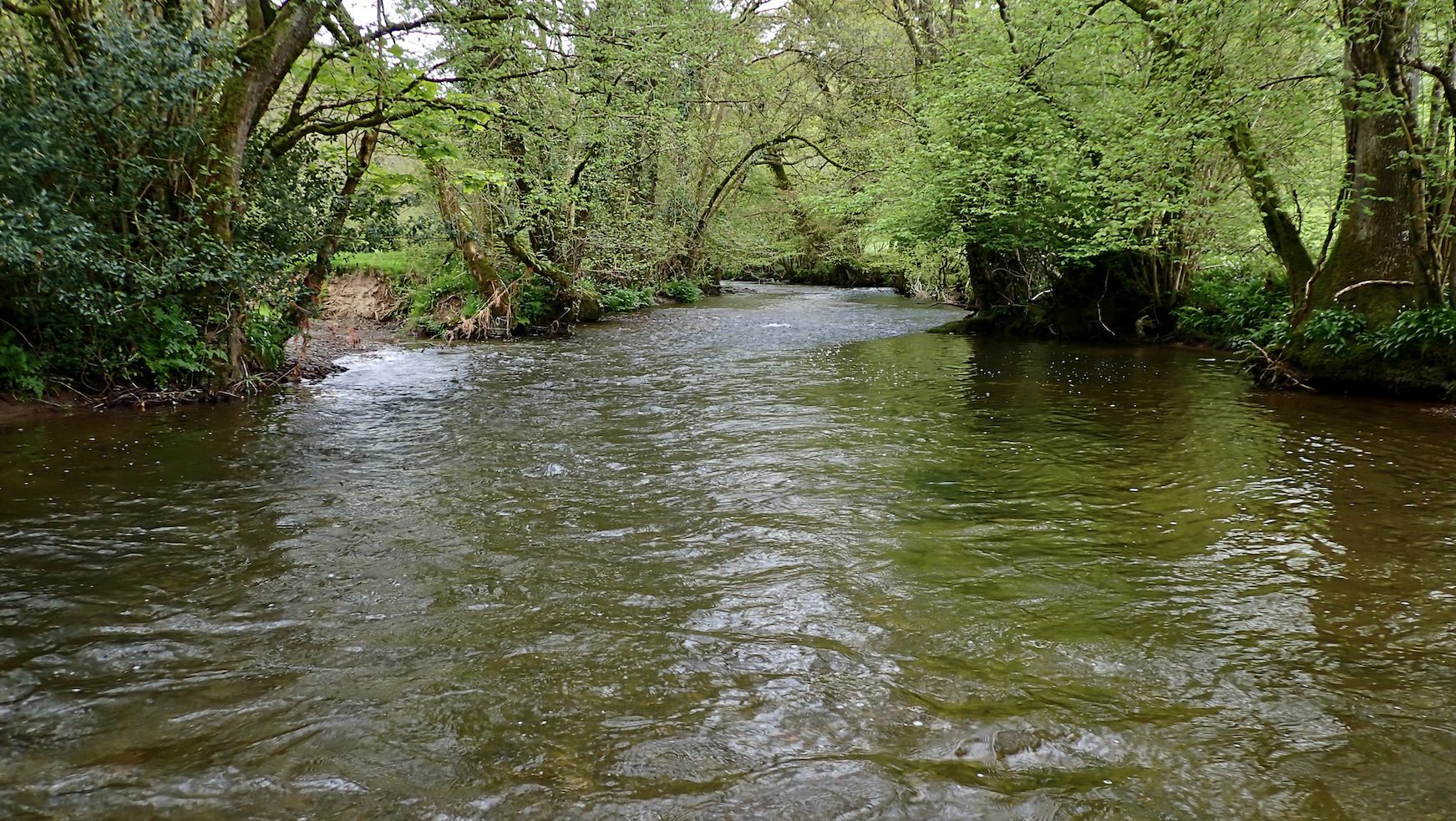
Twenty five or more club members assembled at the Coaching Inn in South Molton for the clubs 55th AGM. Members chatted in a convivial atmosphere as glasses were filled and anglers swapped tales.
The meeting was called to order by Chairman Ed Rands and proceeding duly followed as they have on this February night on the second Tuesday for many years. Ed welcomed guests that included Sam Fenner the new North Devon Fisheries officer and Gordon Murray Chairman of the Taw Fishing Club.
https://www.tawfishingclub.org
Secretary Roger Bray delivered his report on the 2023 season that brought some good news from the clubs fishing on the River Bray. The forty seven members had recorded close to 270 wild brown trout and 3 sea trout. There were no salmon recorded which is a reflection on fishing across the region.
Riverside walks during the salmon spawning season had revealed very little information as the rivers were bank high as a result of an exceptionally wet Autumn.
River-fly monitoring had been carried out by members with encouraging results that indicated generally good quality water. There was discussion around the potential around gravel washing, gravel raking and limited bank clearing.
Chairman Ed Rands discussed forthcoming club events that would be put in the diary’s during the next meeting.
The club’s officers were elected en-bloc with Roger Bray continuing as Secretary and Treasurer and Ed Rands as Chairman.
Trophies were awarded with Danny Boyles winning the Mac Trophy for a rainbow trout of 3lb 10oz caught at Blakewell during the clubs Christmas competition. The sea Angling trophies were presented to Wayne Thomas for bass and tope caught during the year.
The Chair then introduced Environment Agency Fisheries Officer Sam Fenner to give a talk to members about his work and the broad picture across the region.
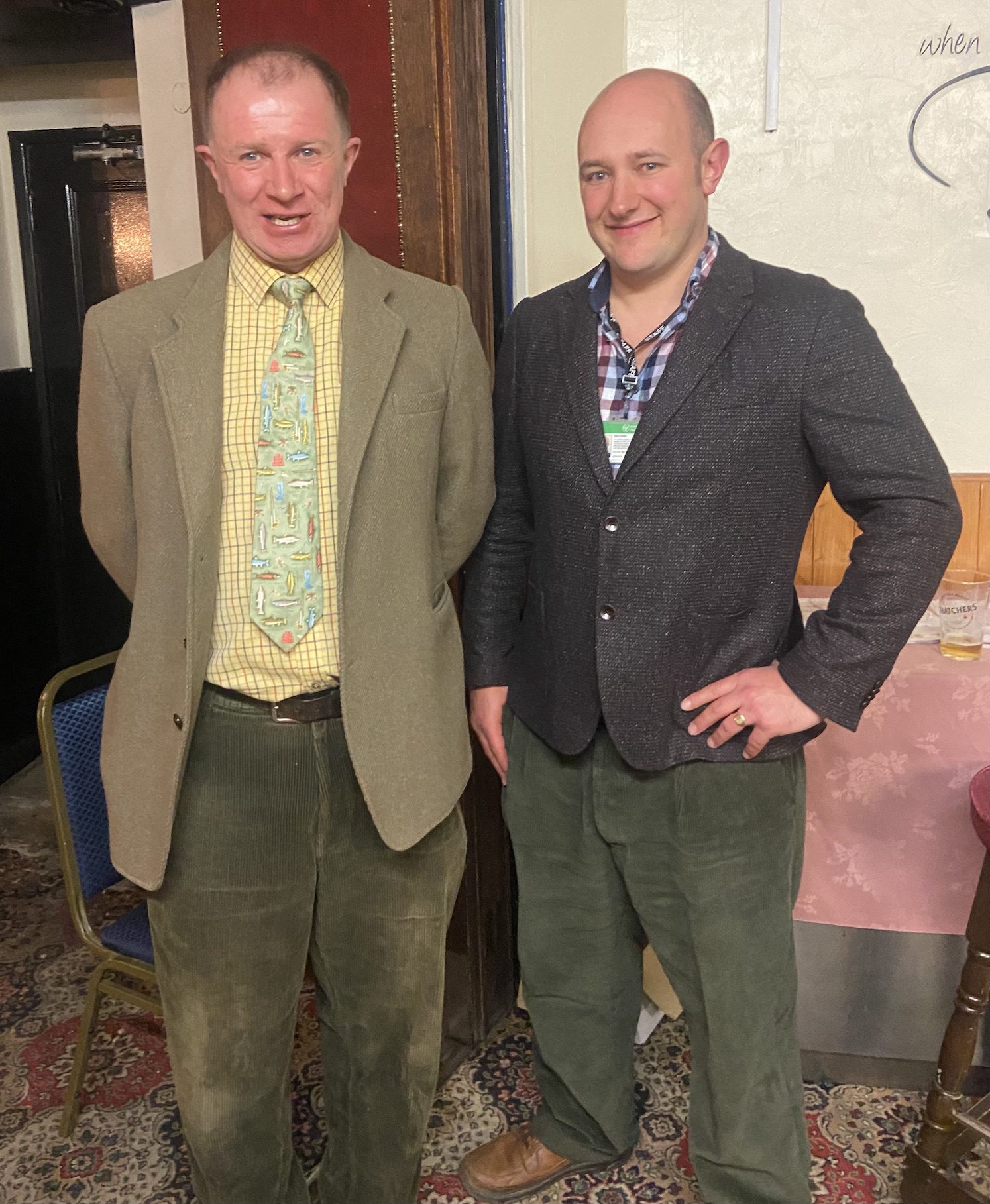
Sam talked about his background in fishery and environmental regulation. He has gained considerable experience in an Agricultural advisory role and will be focussing on the Taw catchment. His role also involves fishery enforcement work with rod licence checking and byelaw enforcement. He will also be working with the D & S IFCA fishery officers on areas of dual interest.
Sam highlighted the dramatic decline in salmon numbers across the region with Rivers such as the Taw producing close to 800 salmon in the 1980’s and less than forty in 2023!
Virtually all of Devon and Cornwall’s rivers are at risk in regards to salmon populations. Catch and release is now practiced by virtually all anglers but could soon be made mandatory.
There are glimmers of hope with some Exmoor Rivers showing some reasonable fry counts.
Water quality, Low flows, High water temperature and predation are all factors in salmon decline though general concensus is the that survival at sea is the biggest threat with just 5% of salmon returning to the rivers of their origin.
I will be meeting with Sam in the near future and will discuss the issues with him in greater detail.
The main message from Sam is to report any incidents or pollutions to the Environment Agency via their hotline :-
0800 807060 its on your rod licence!
